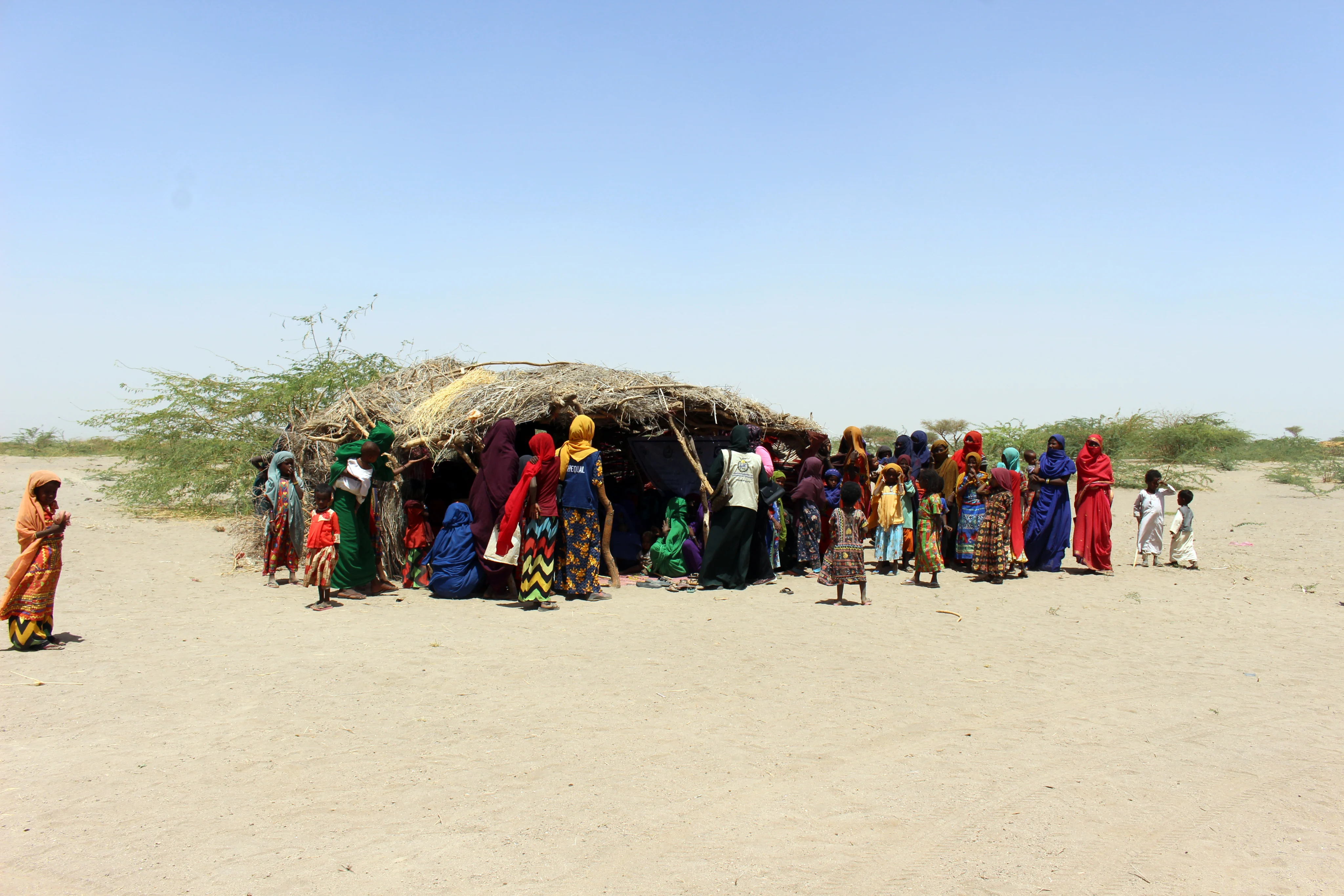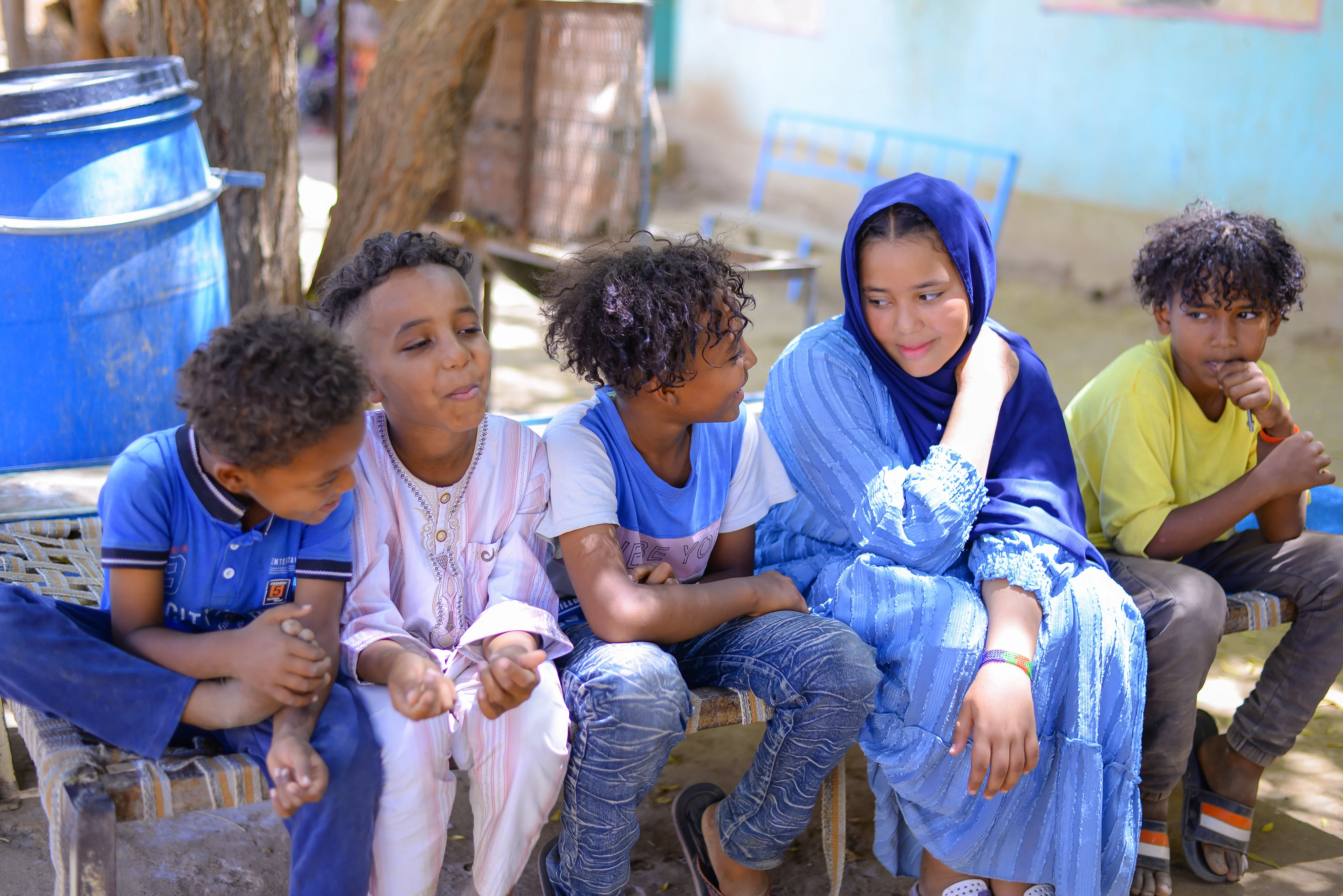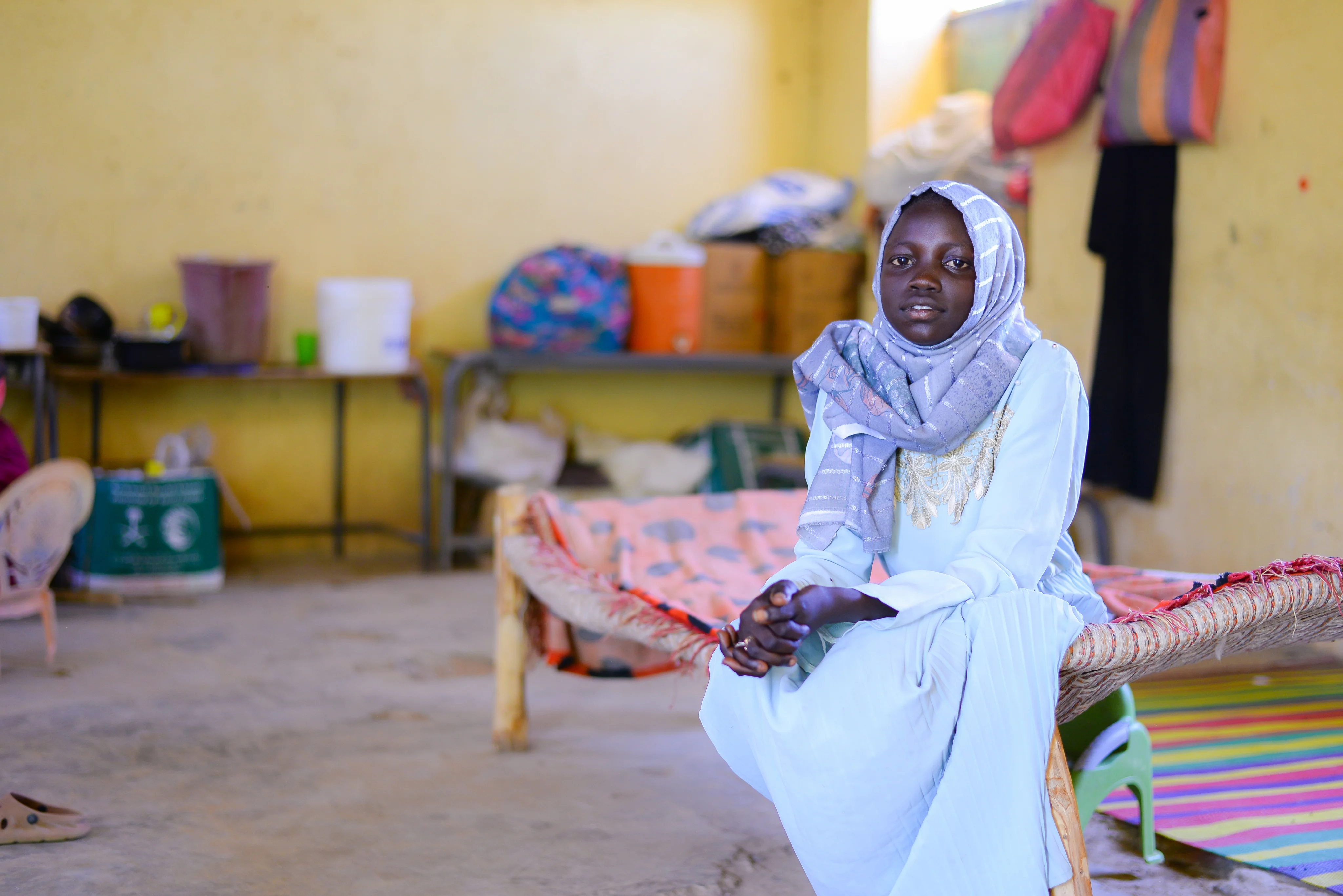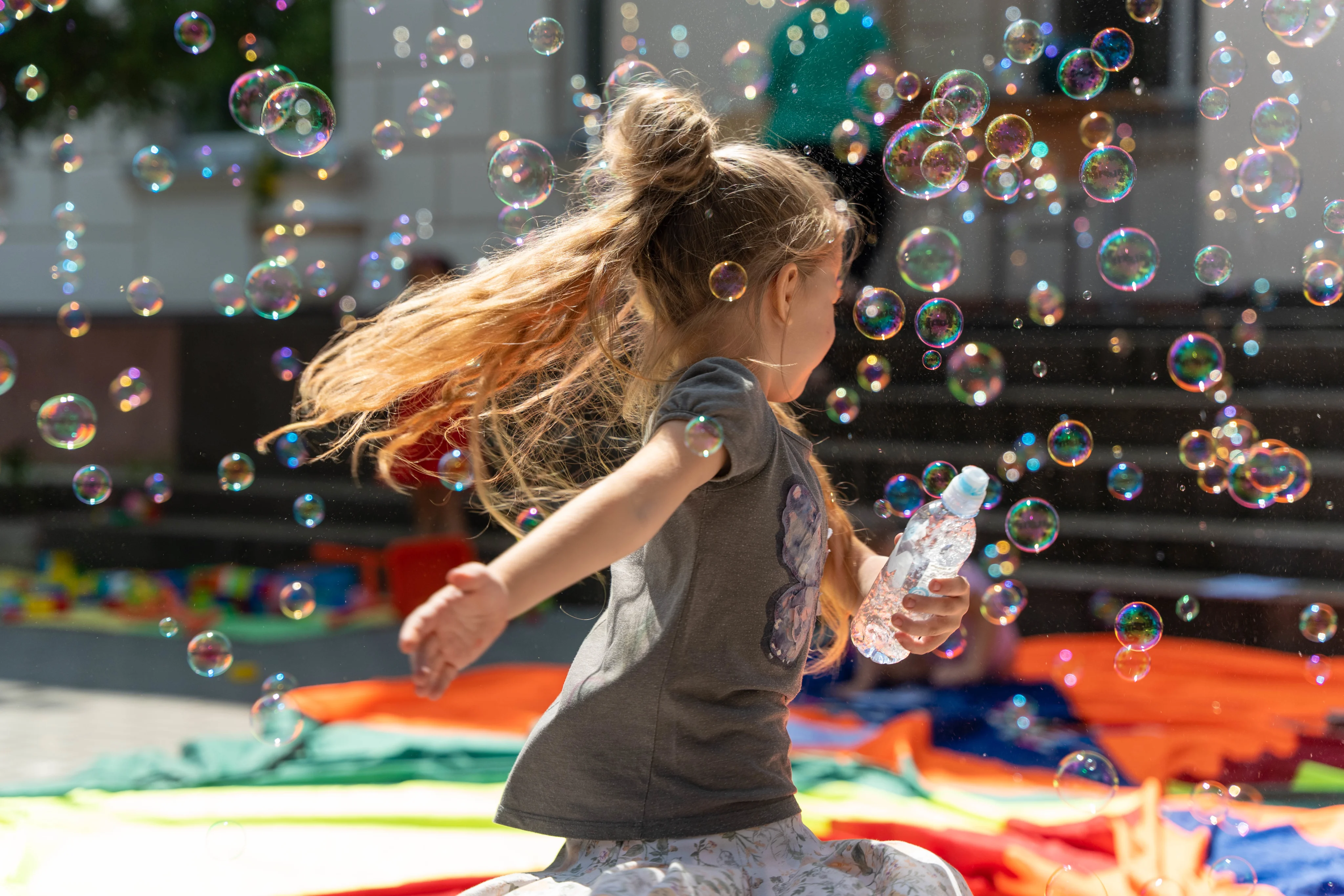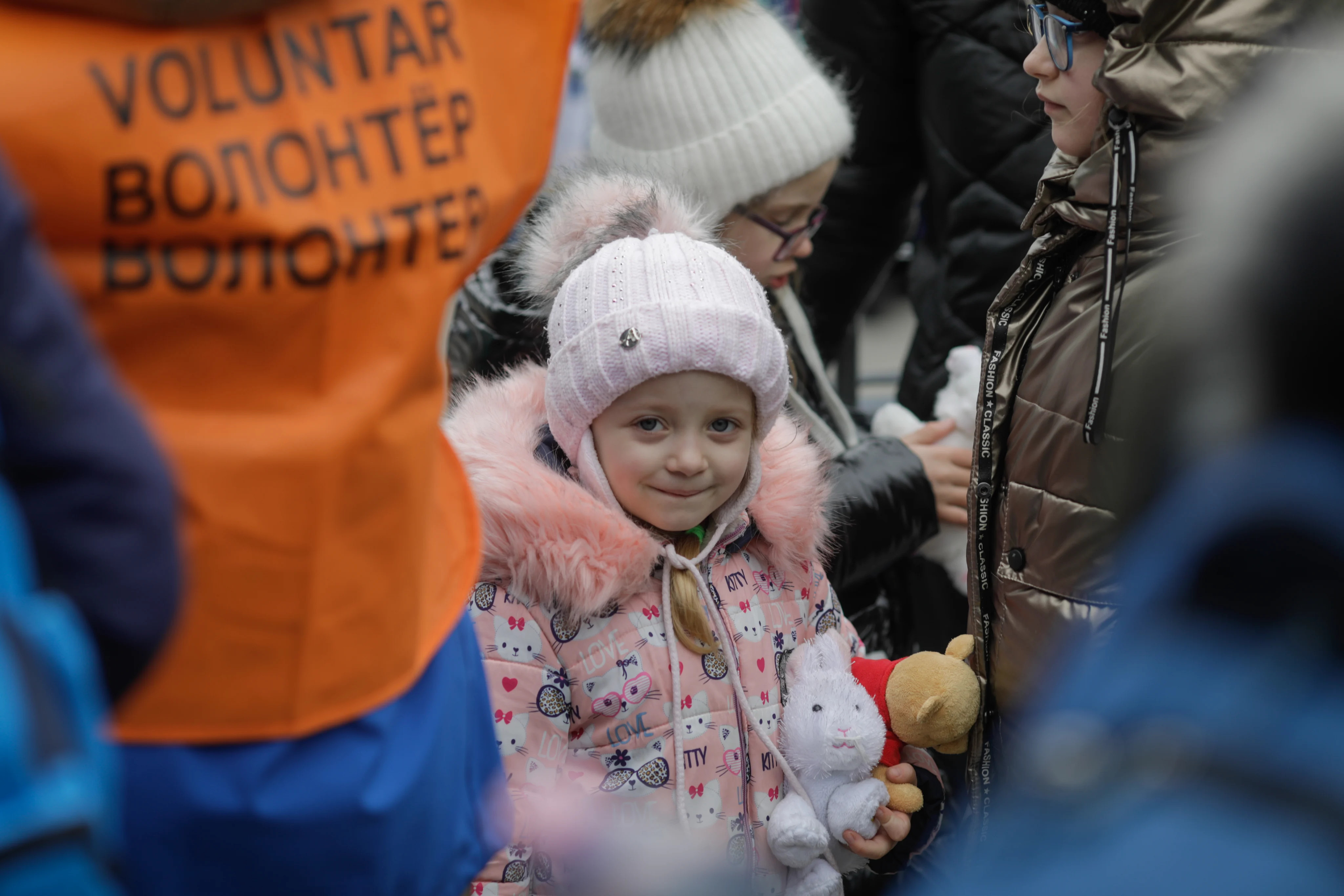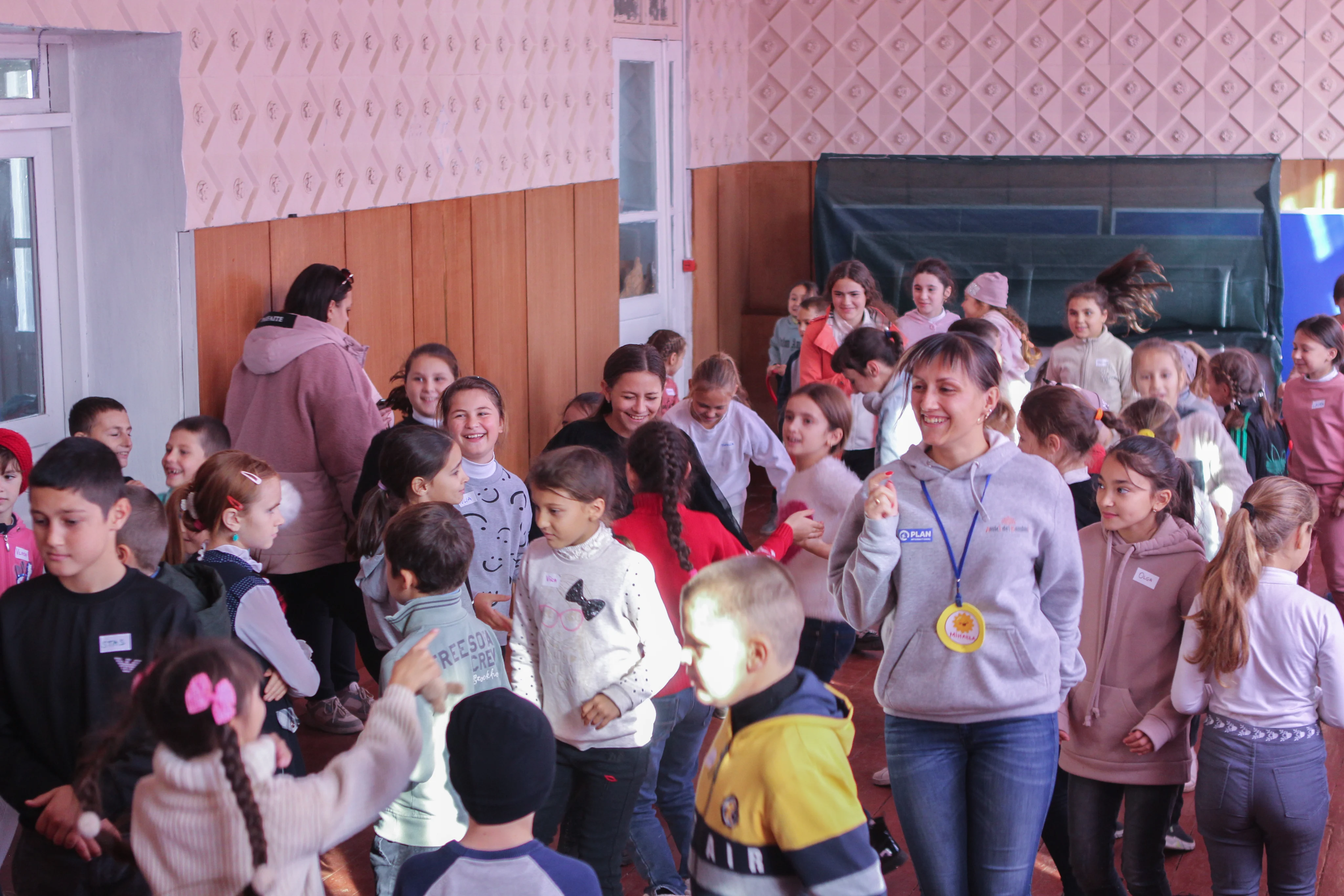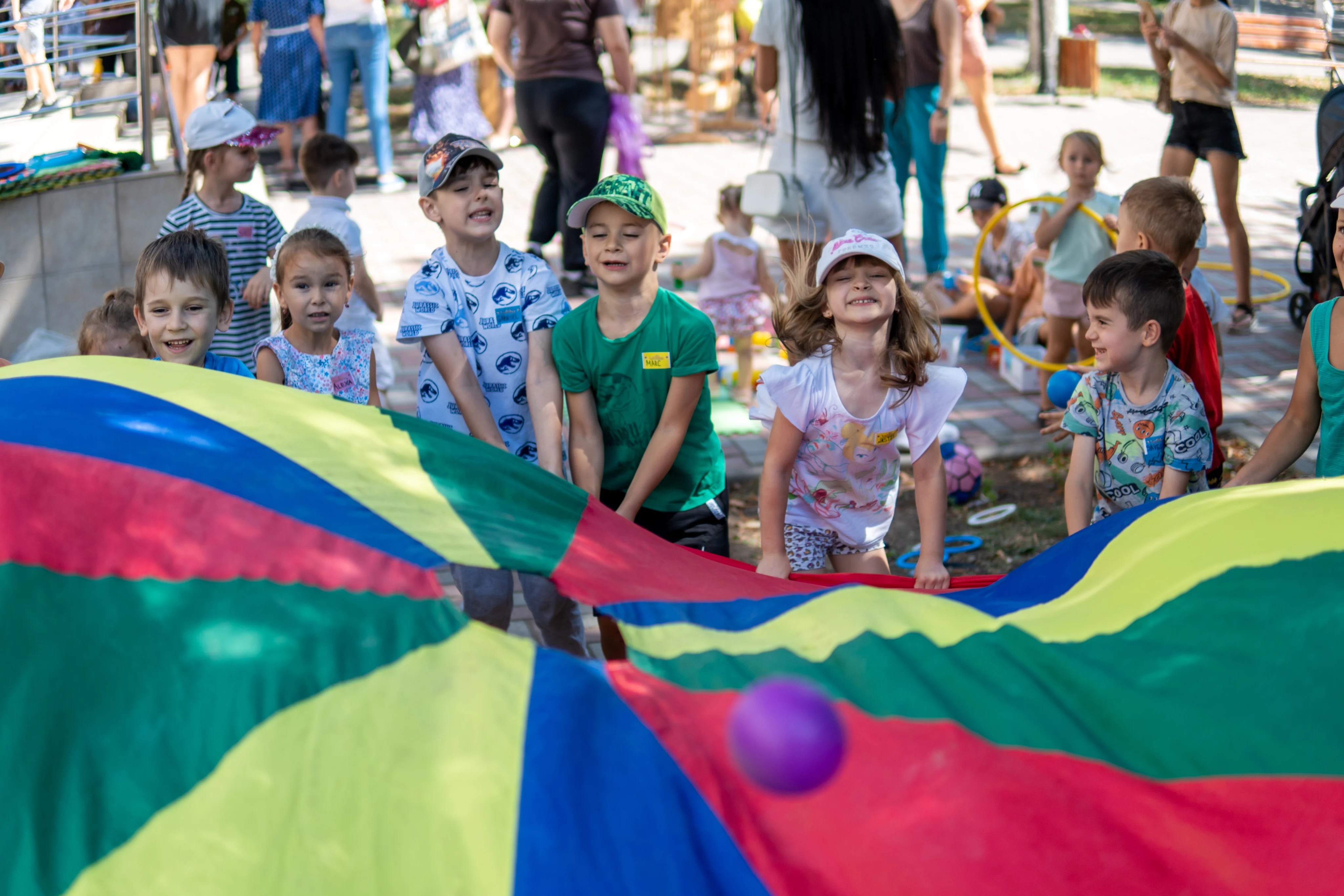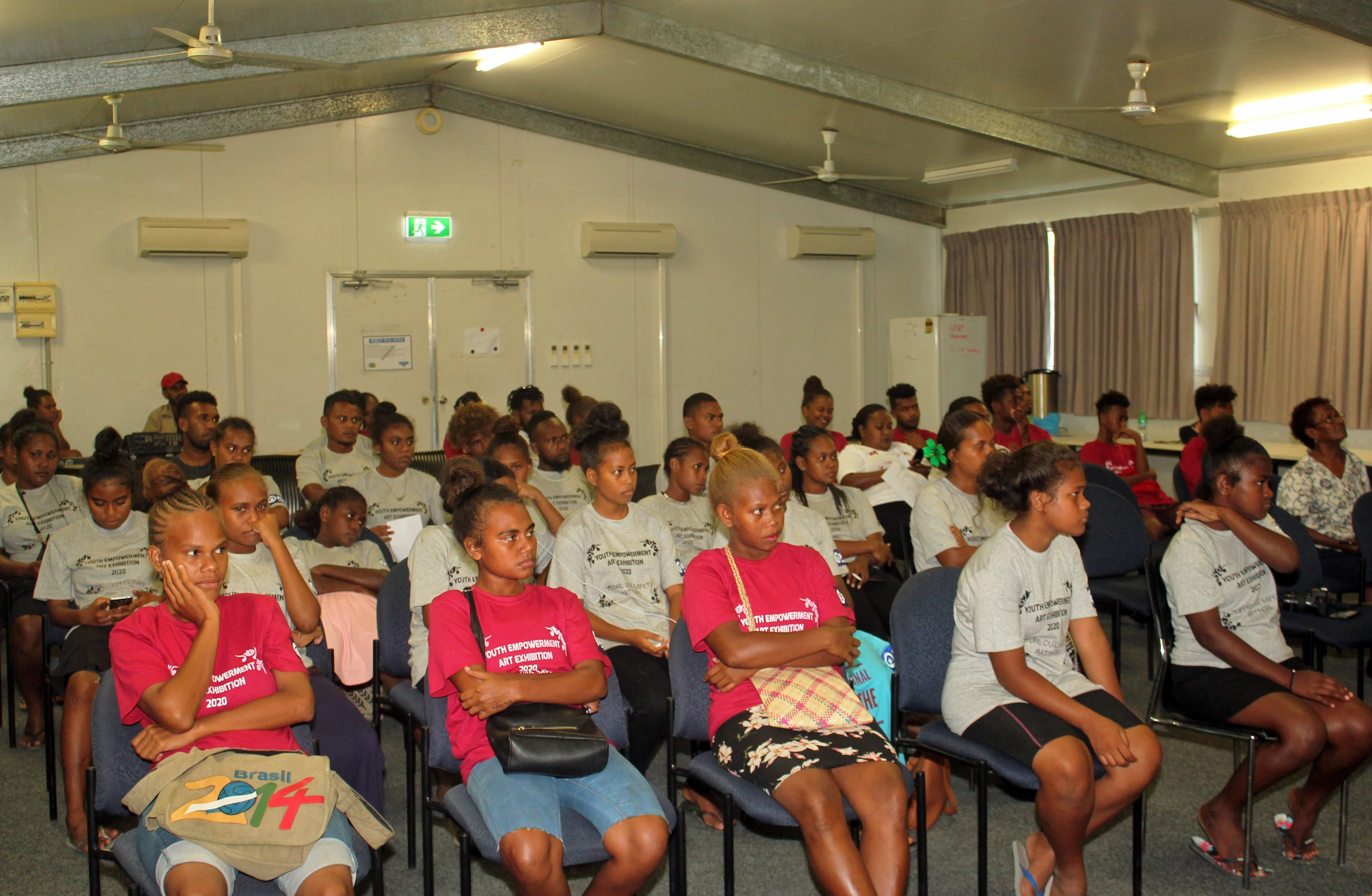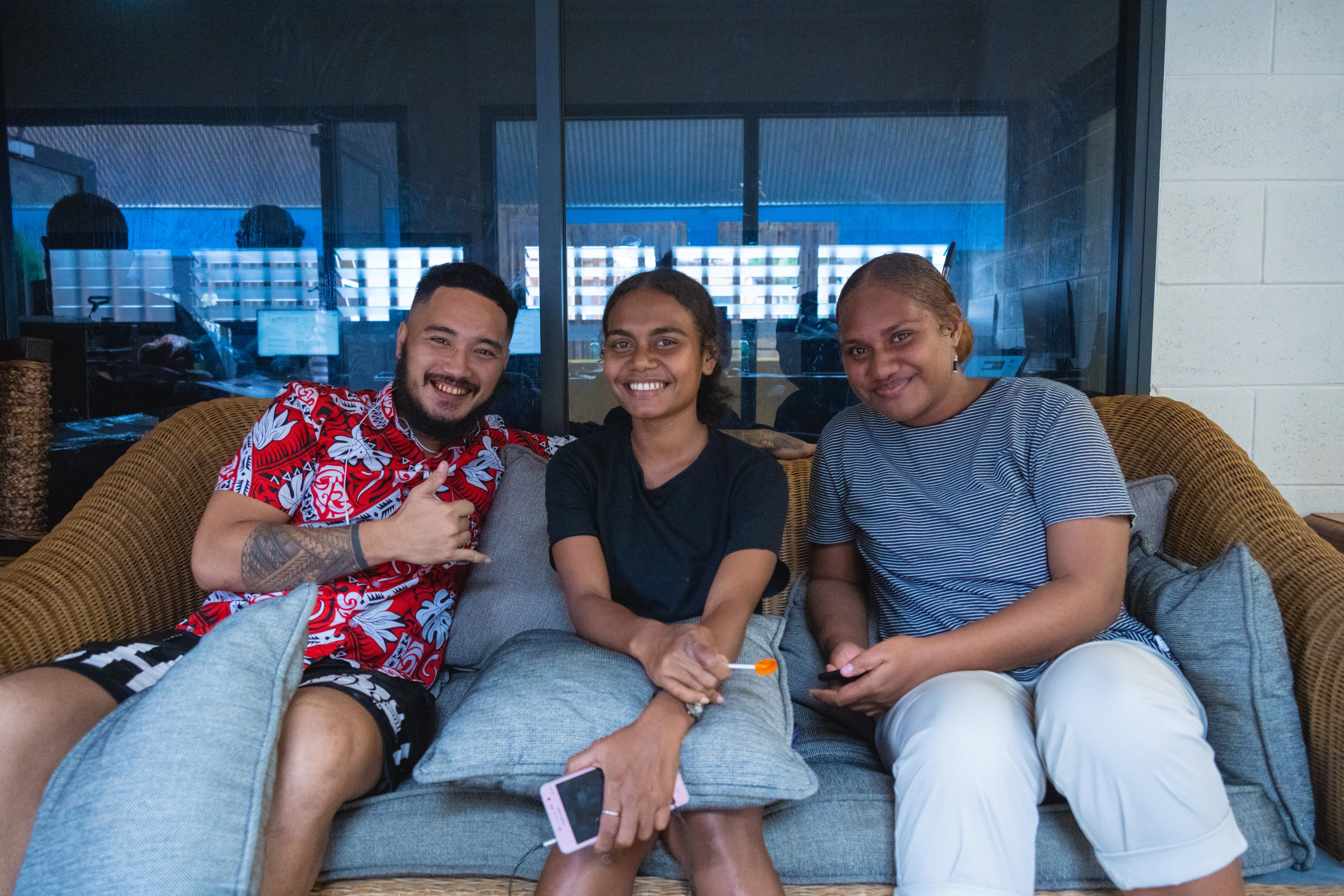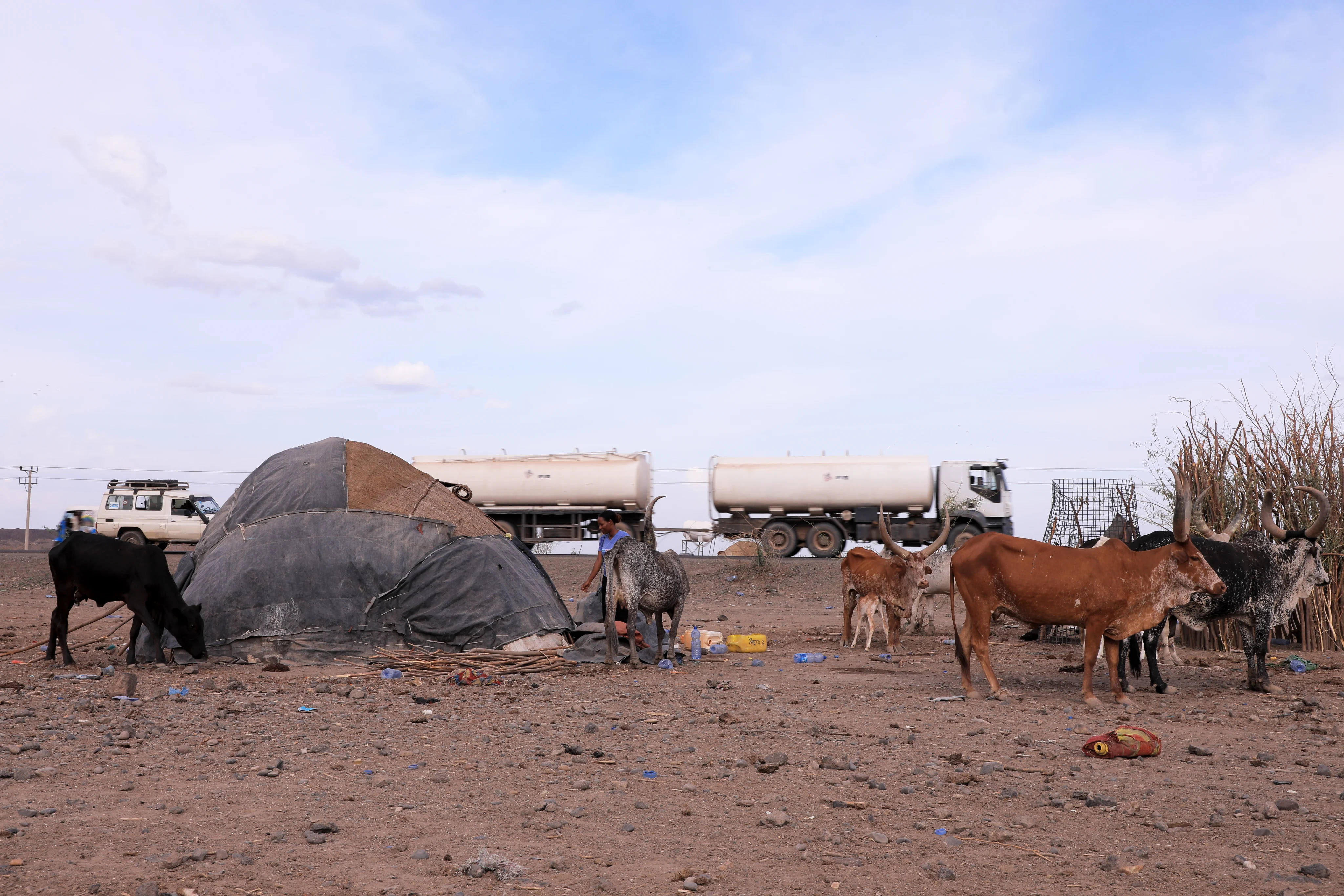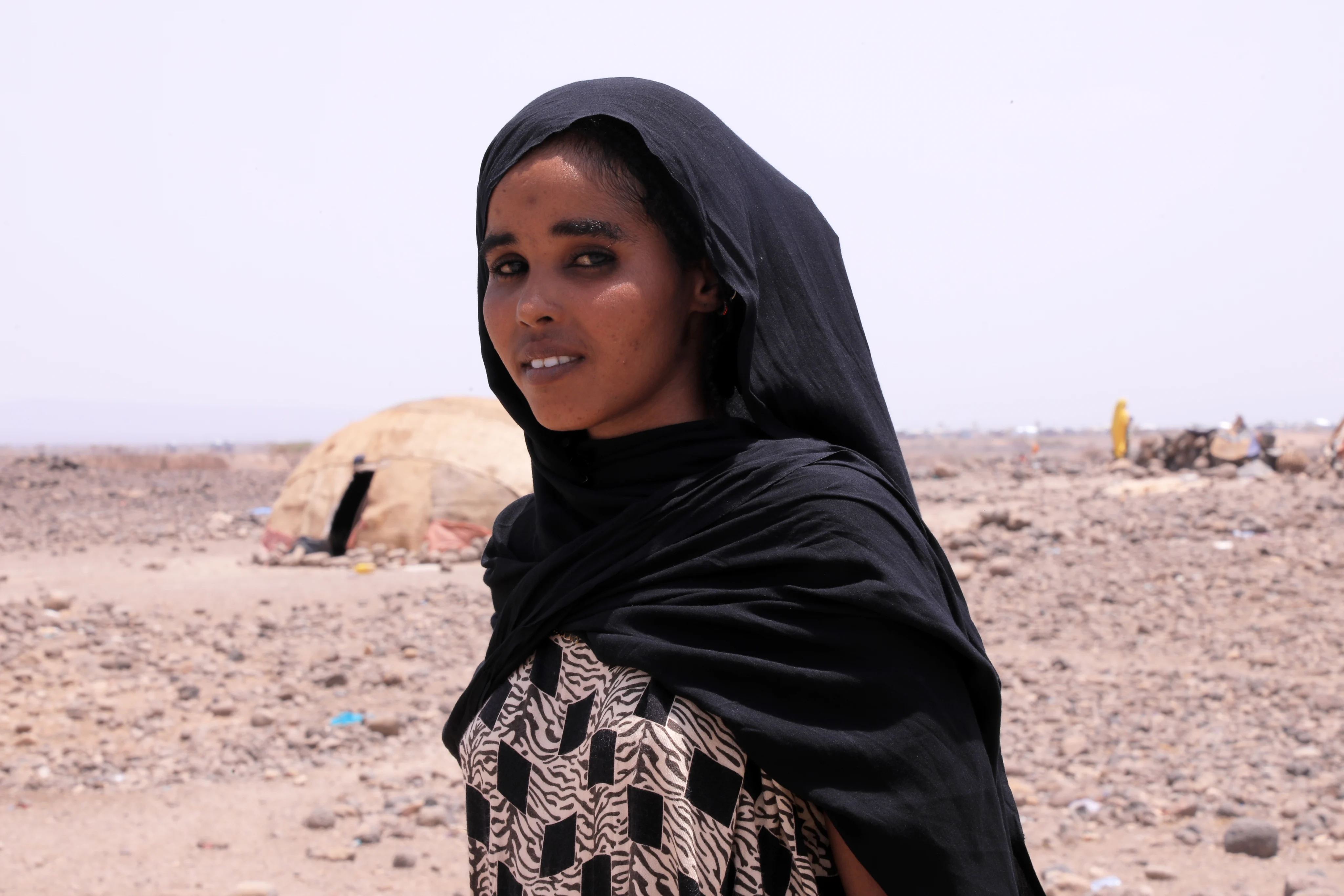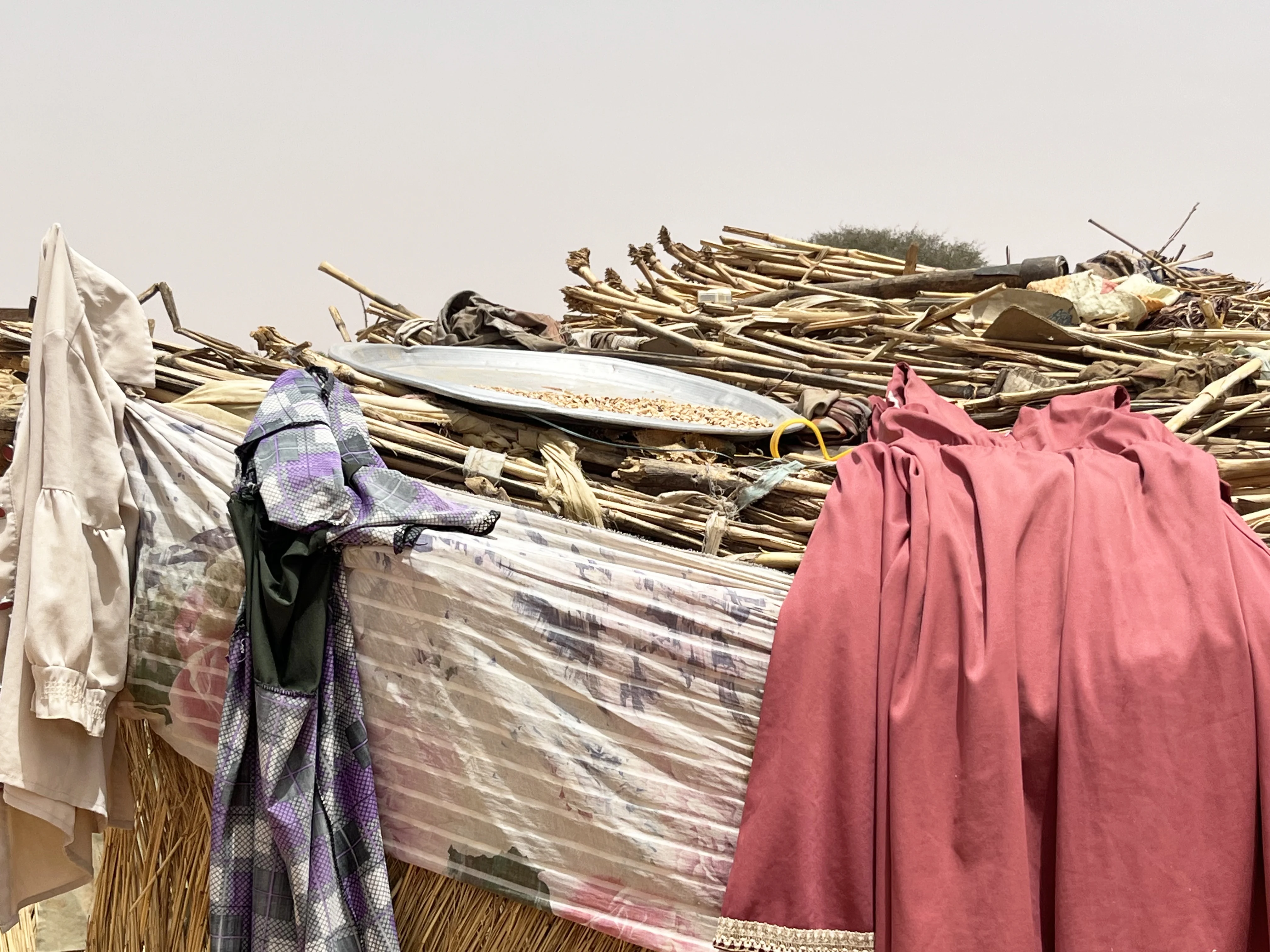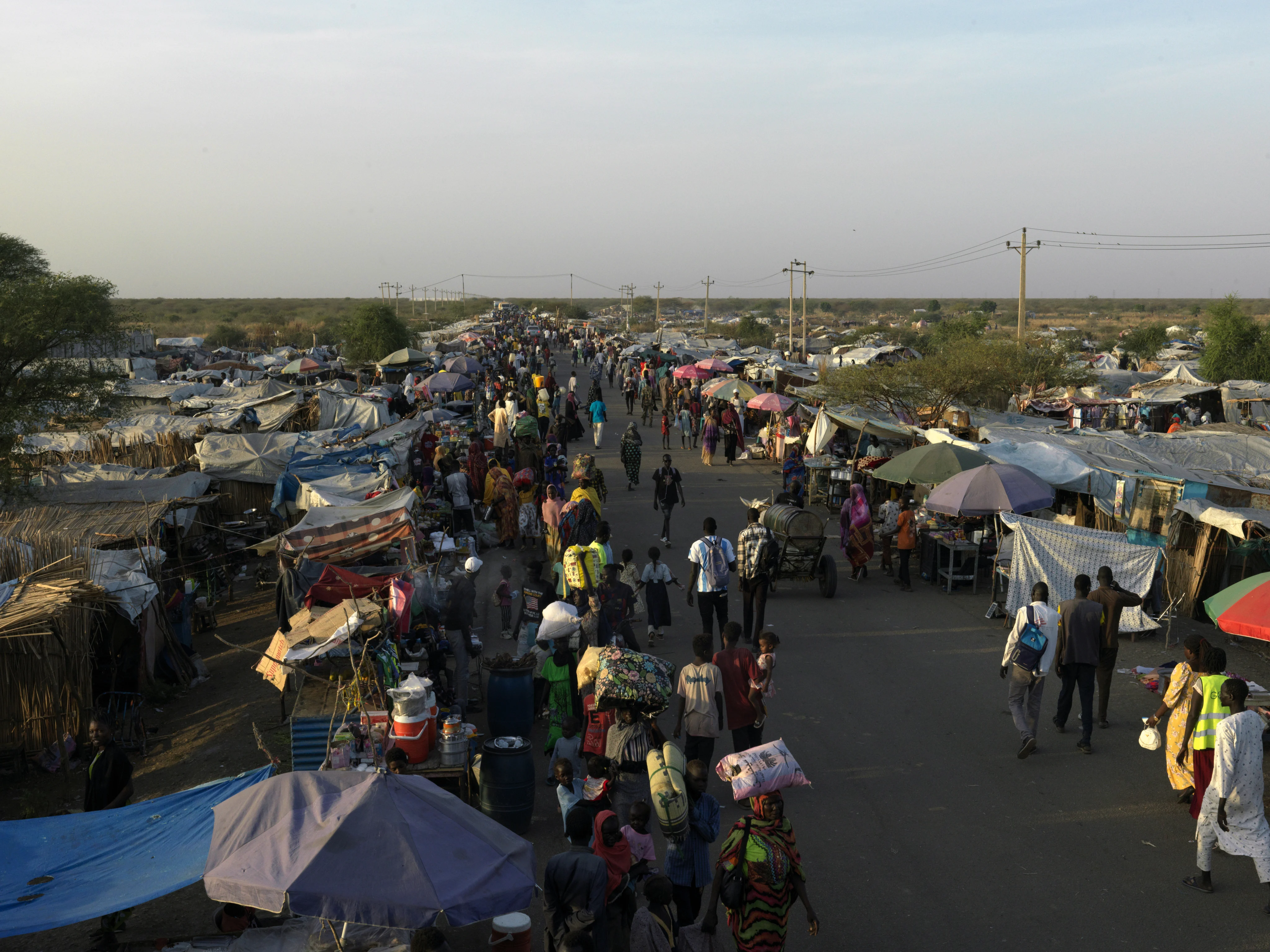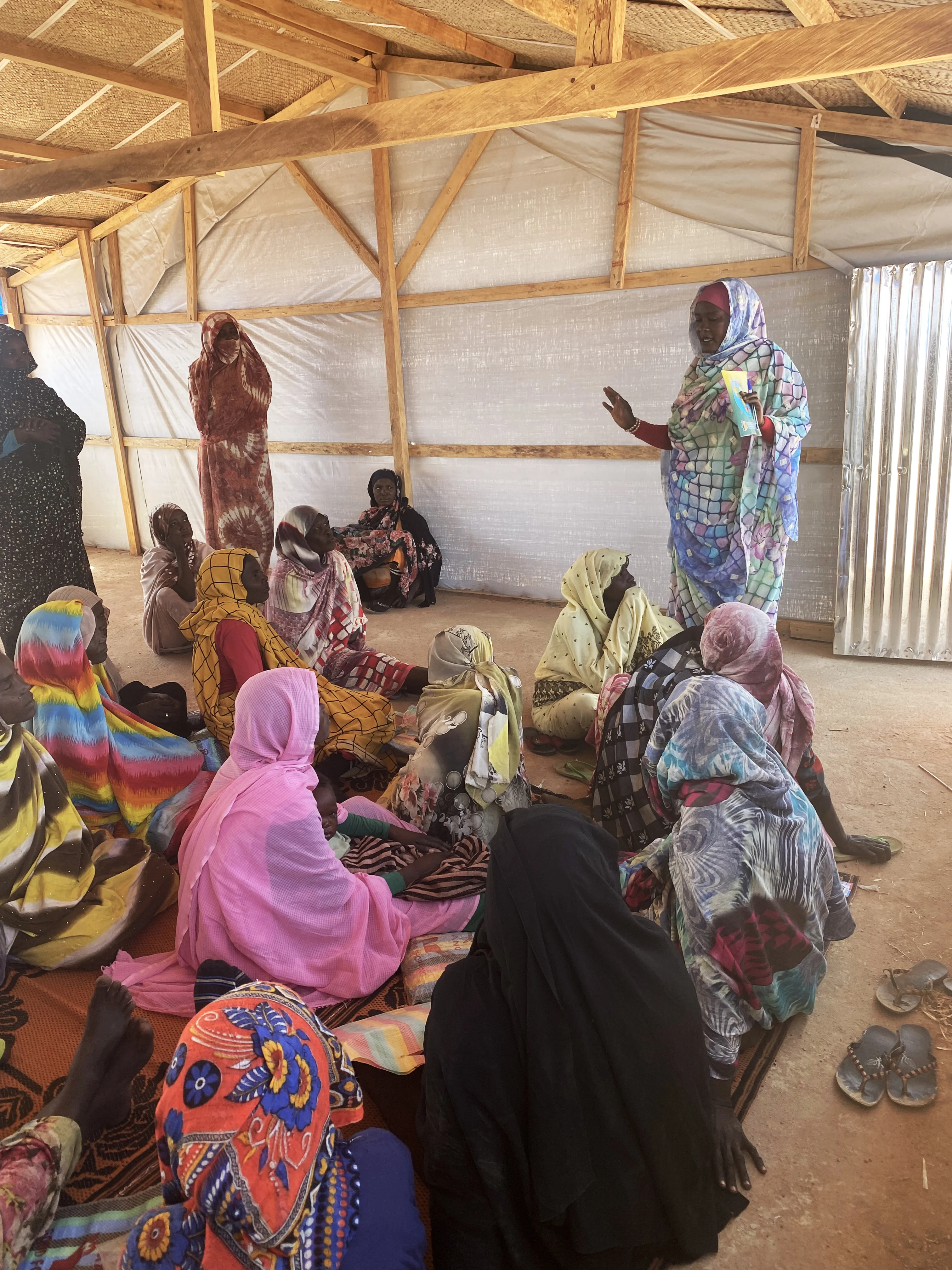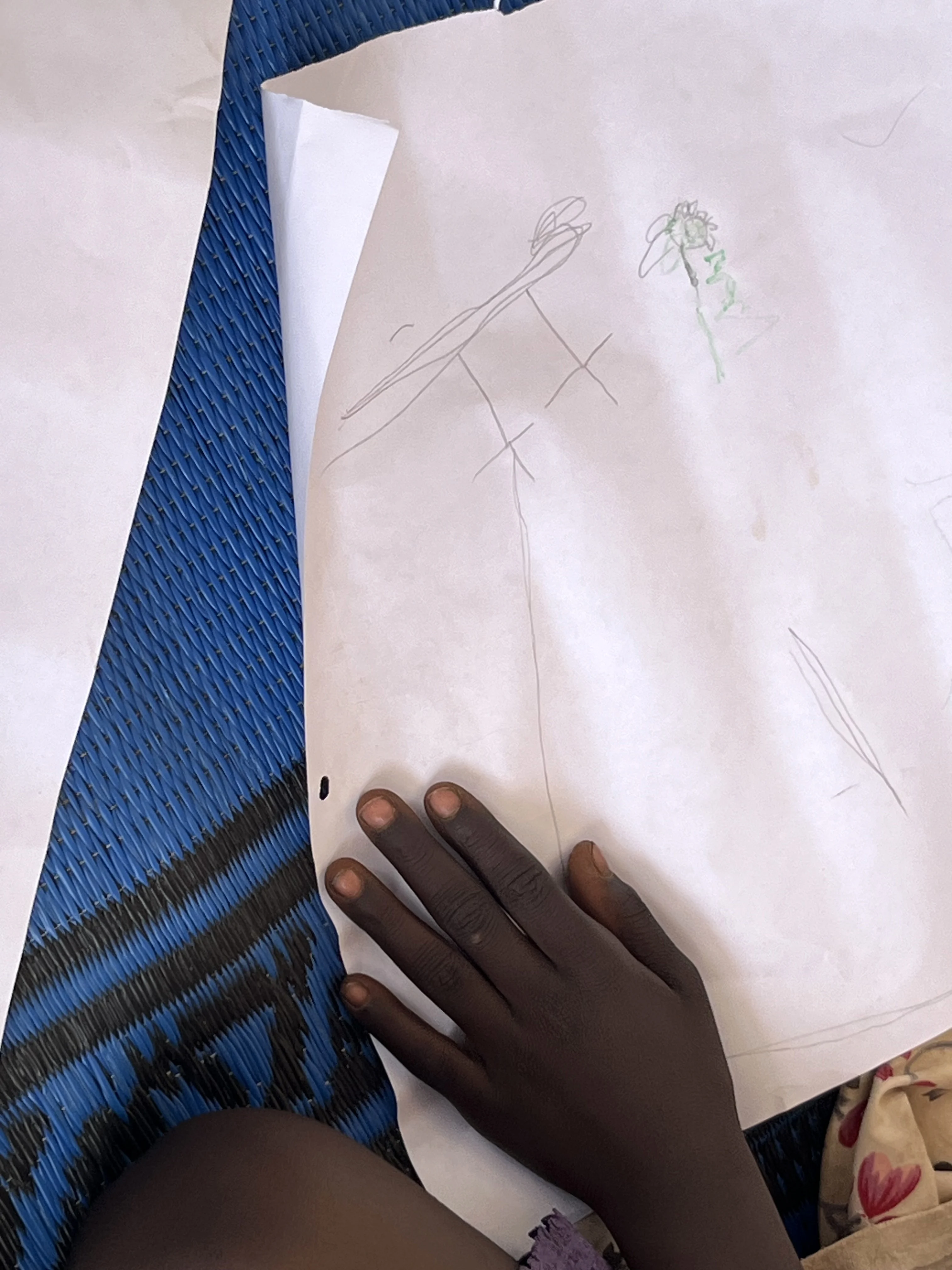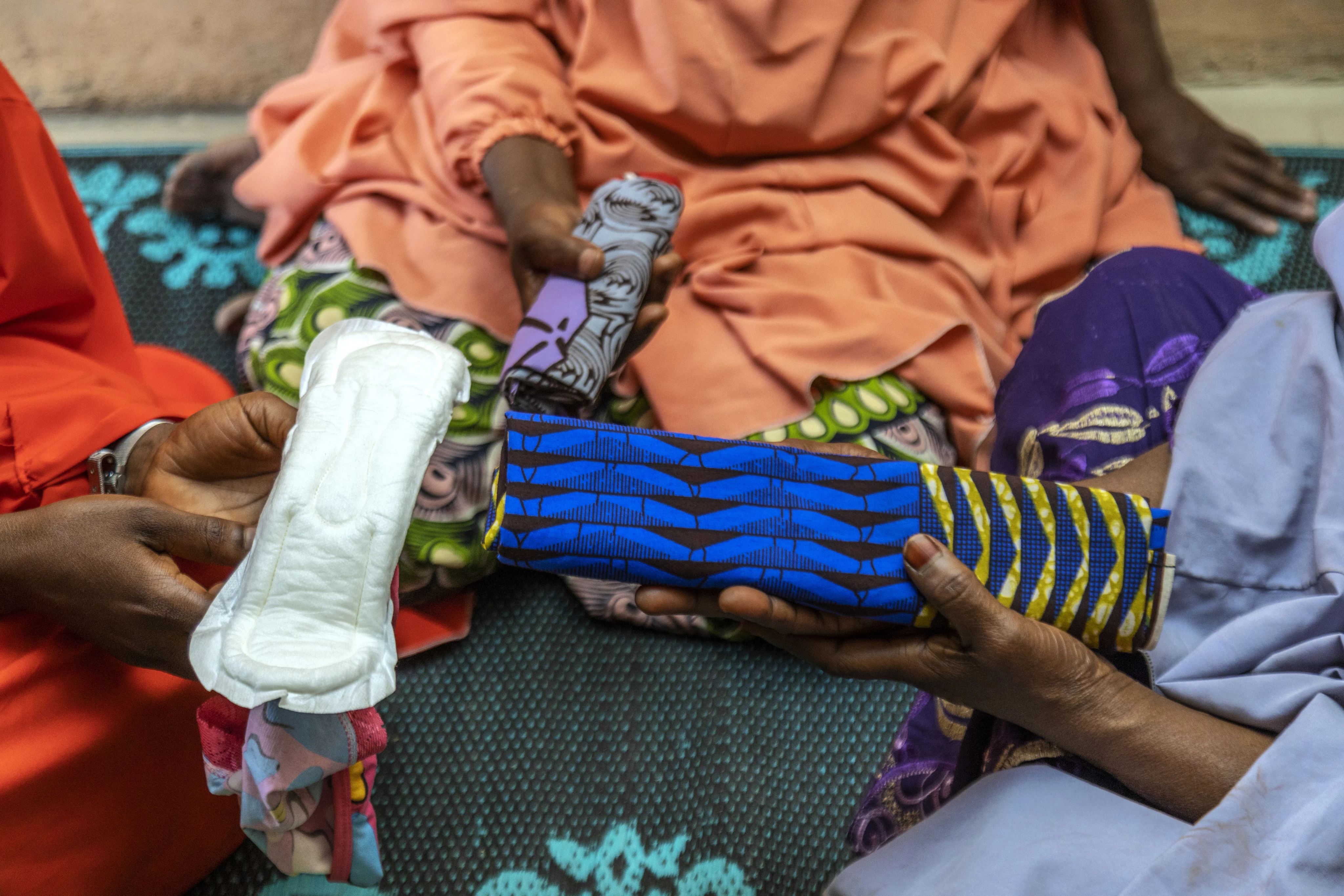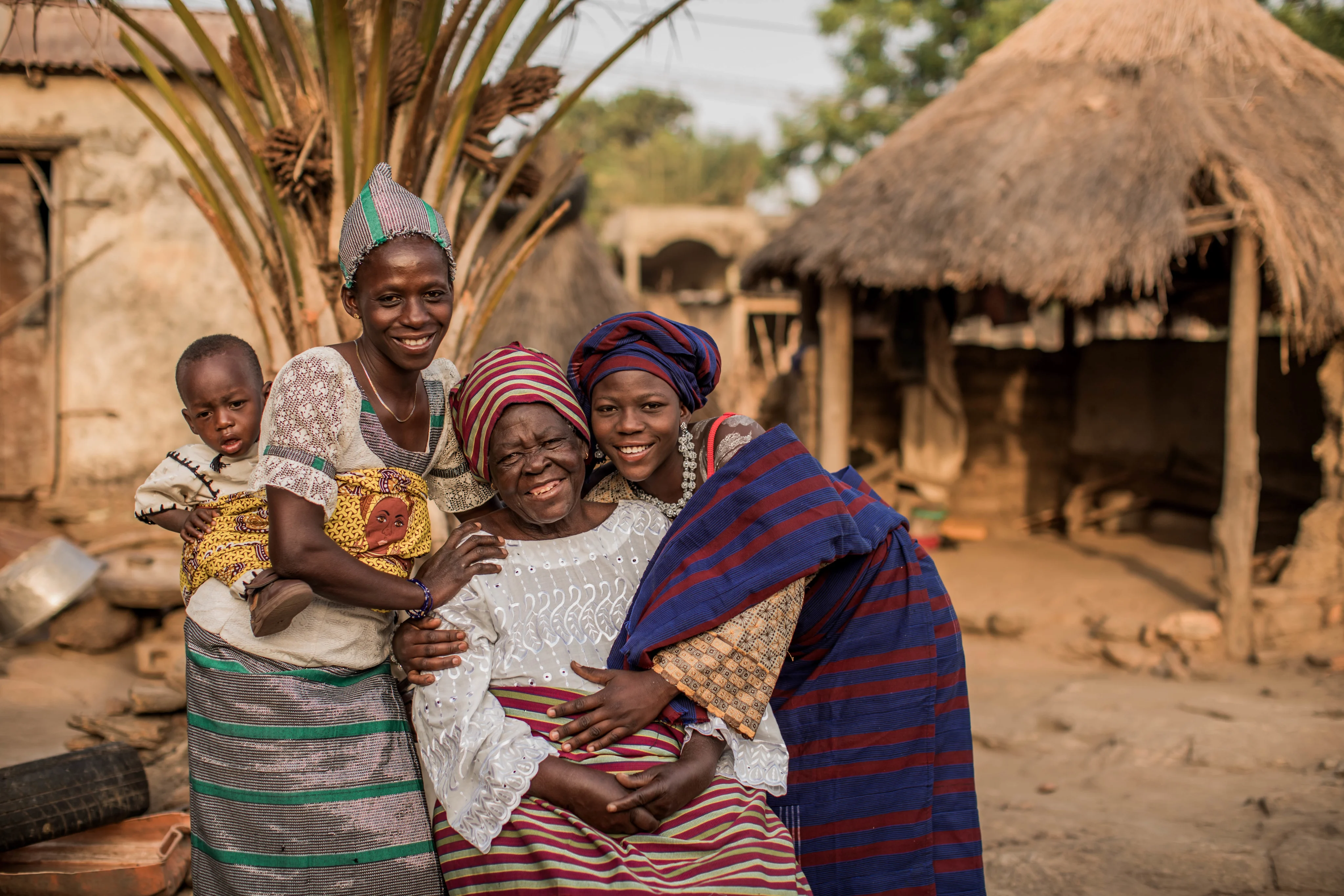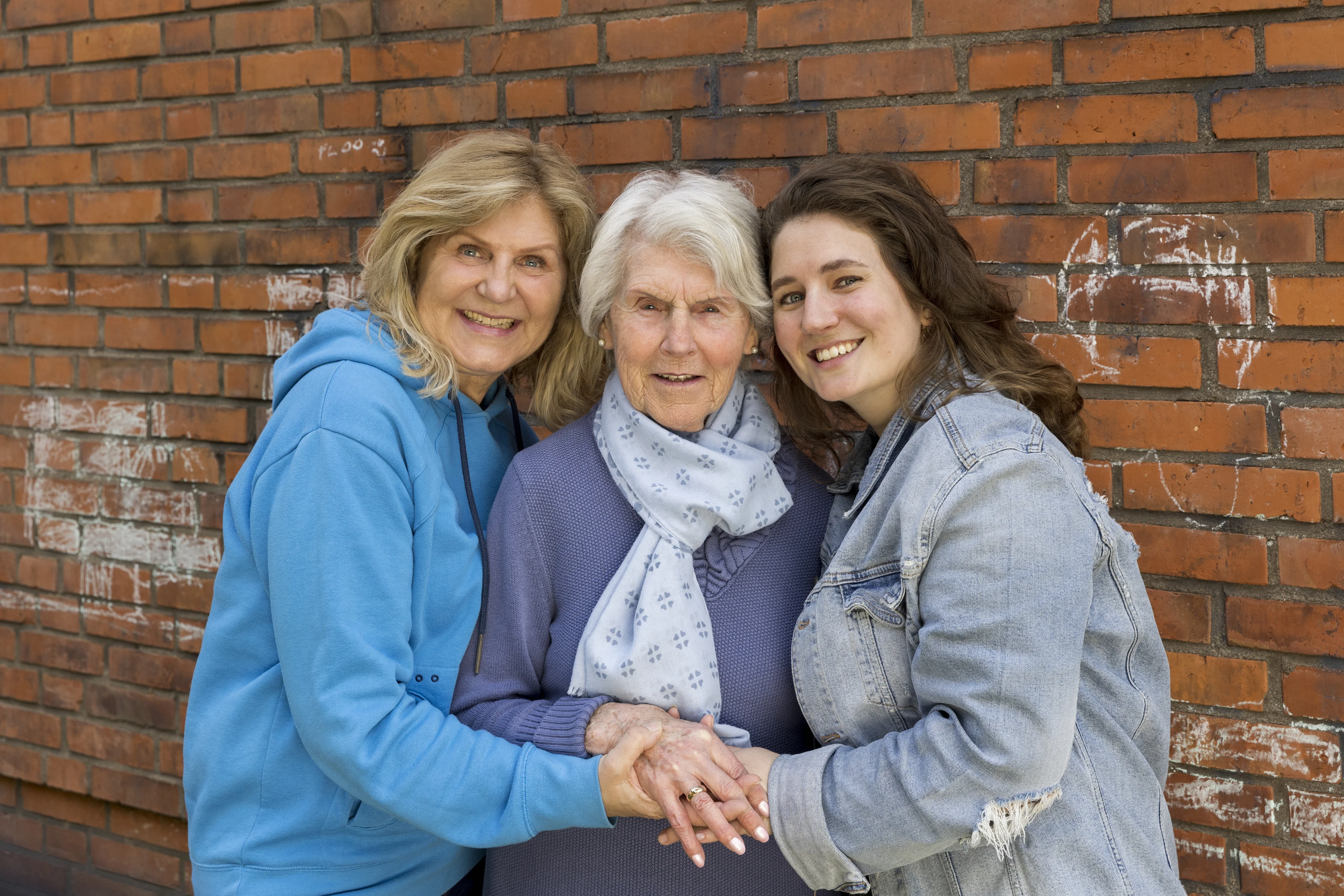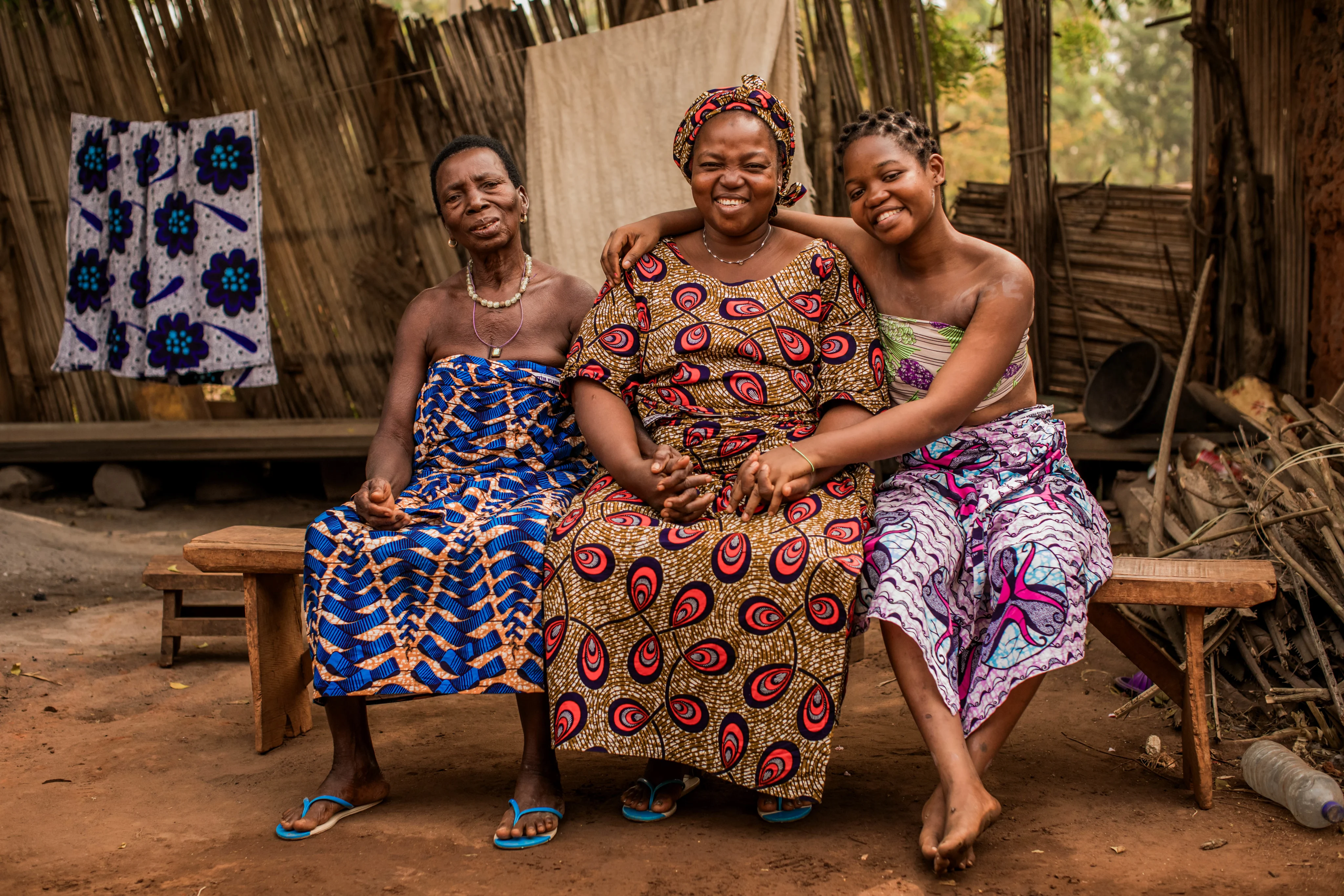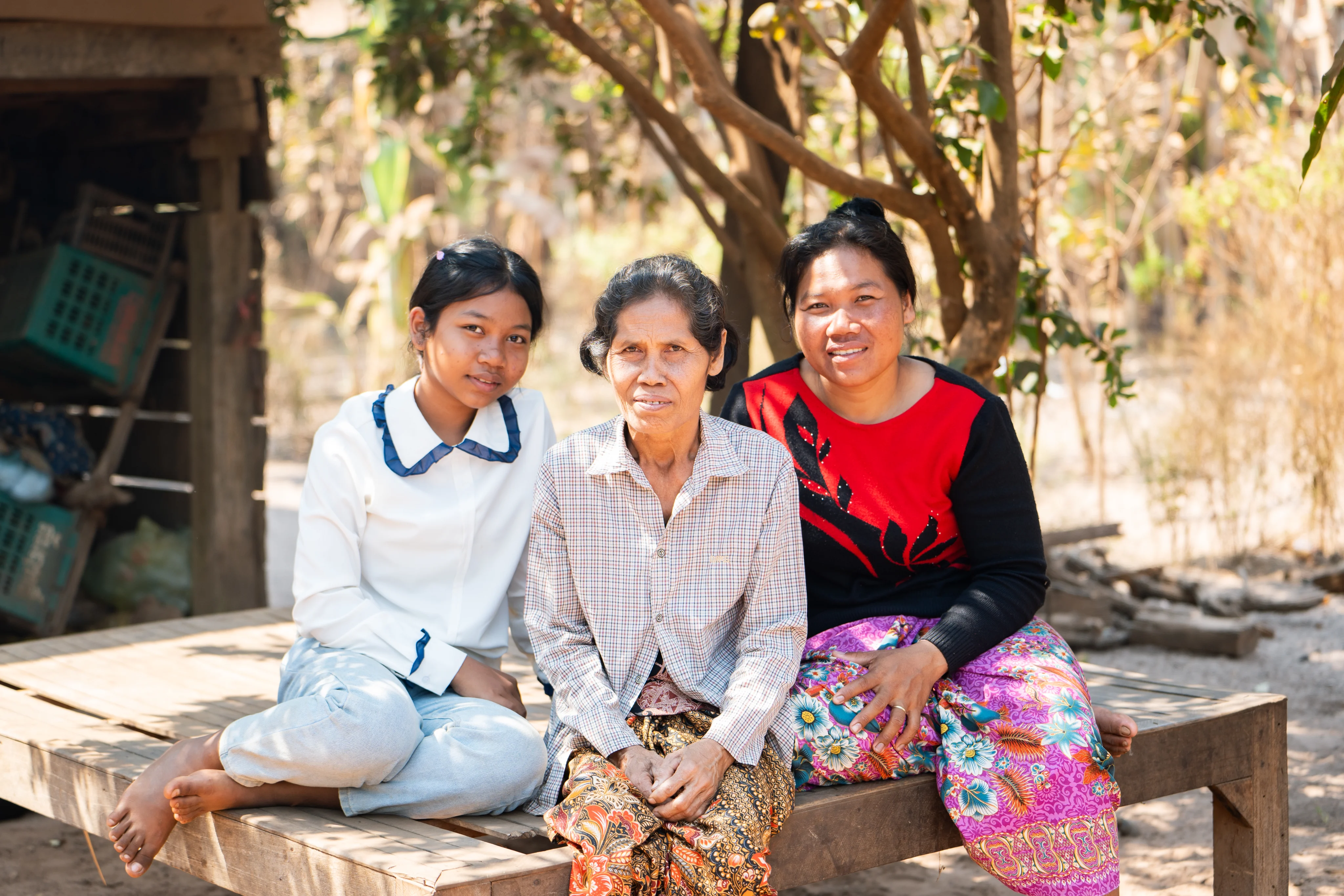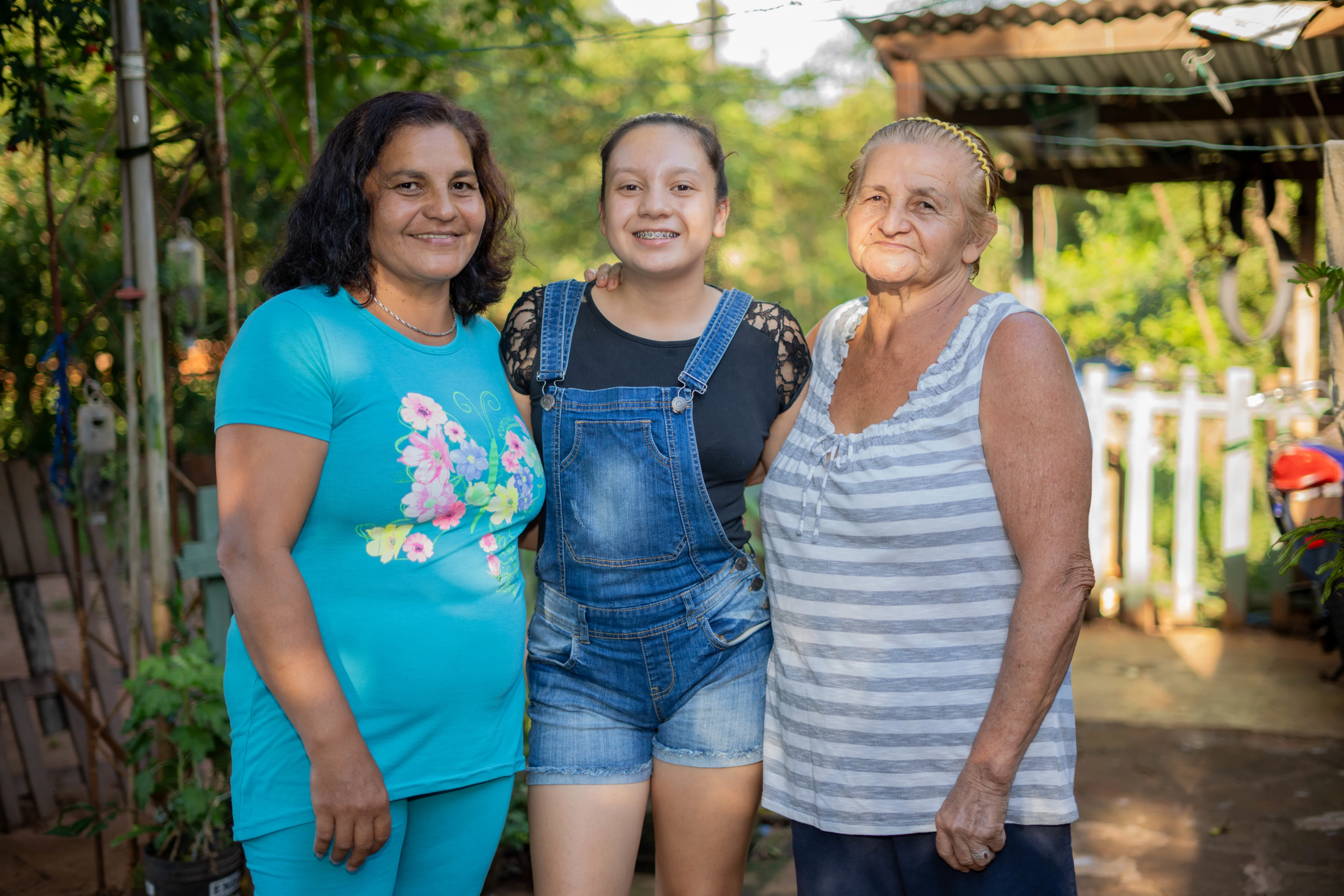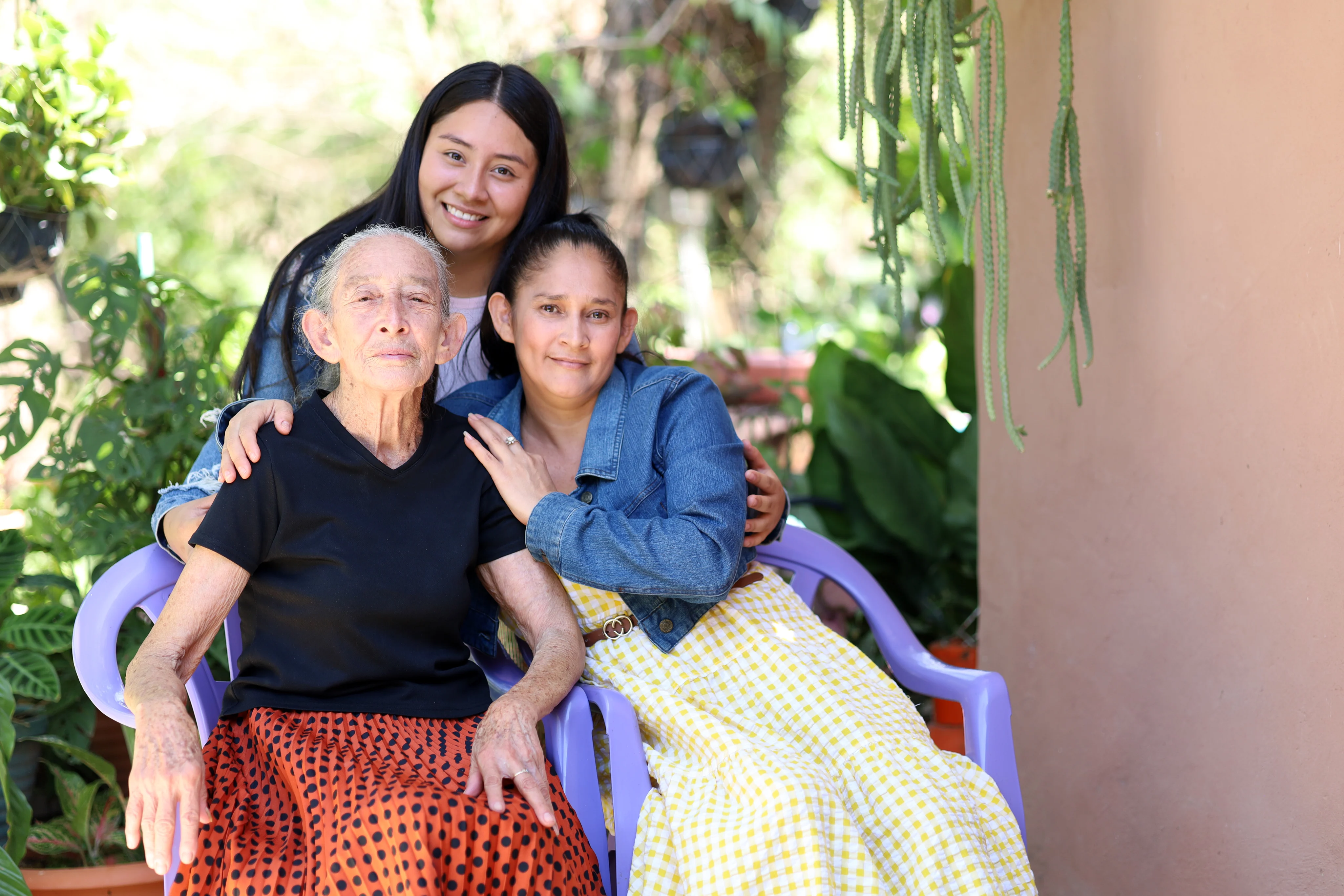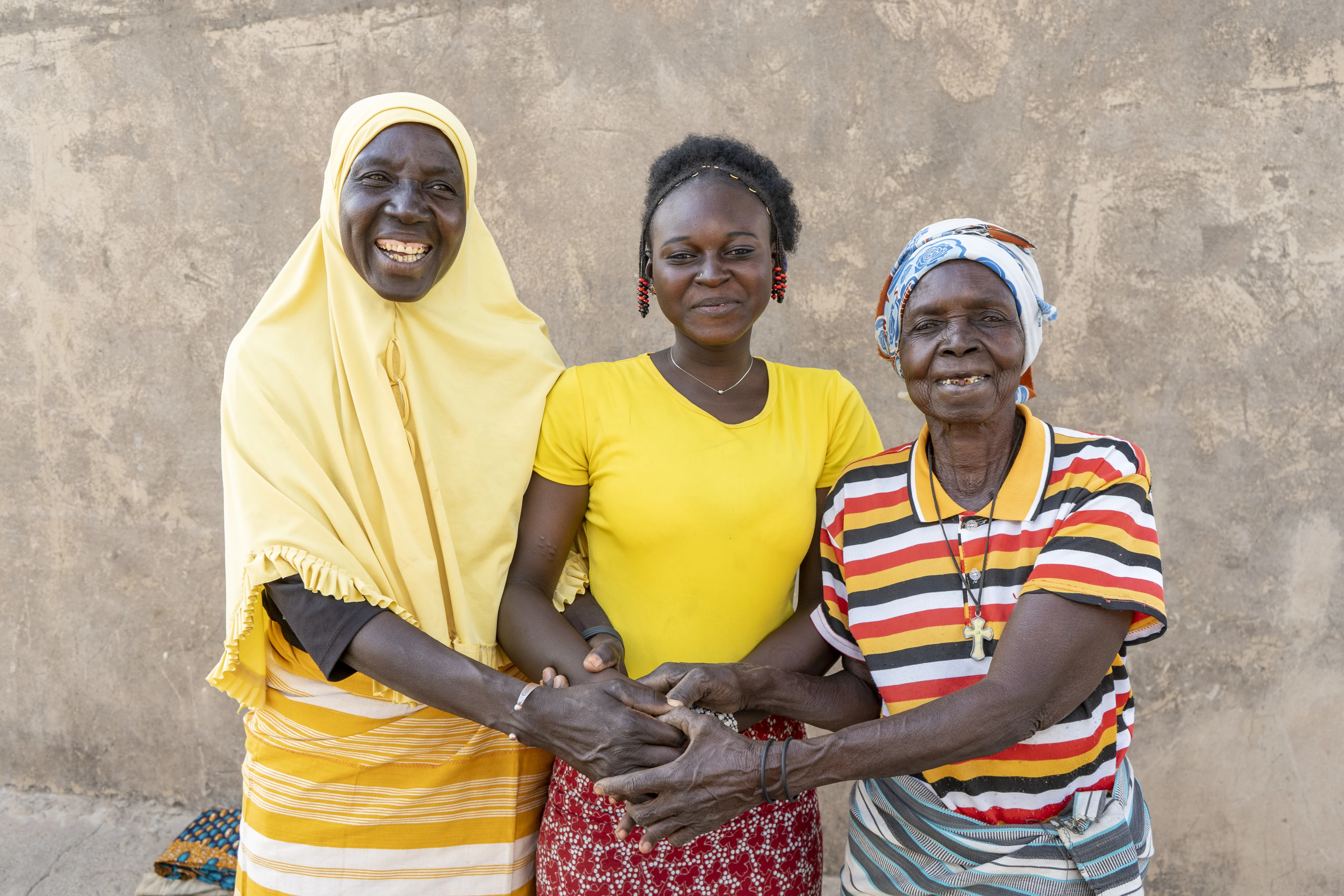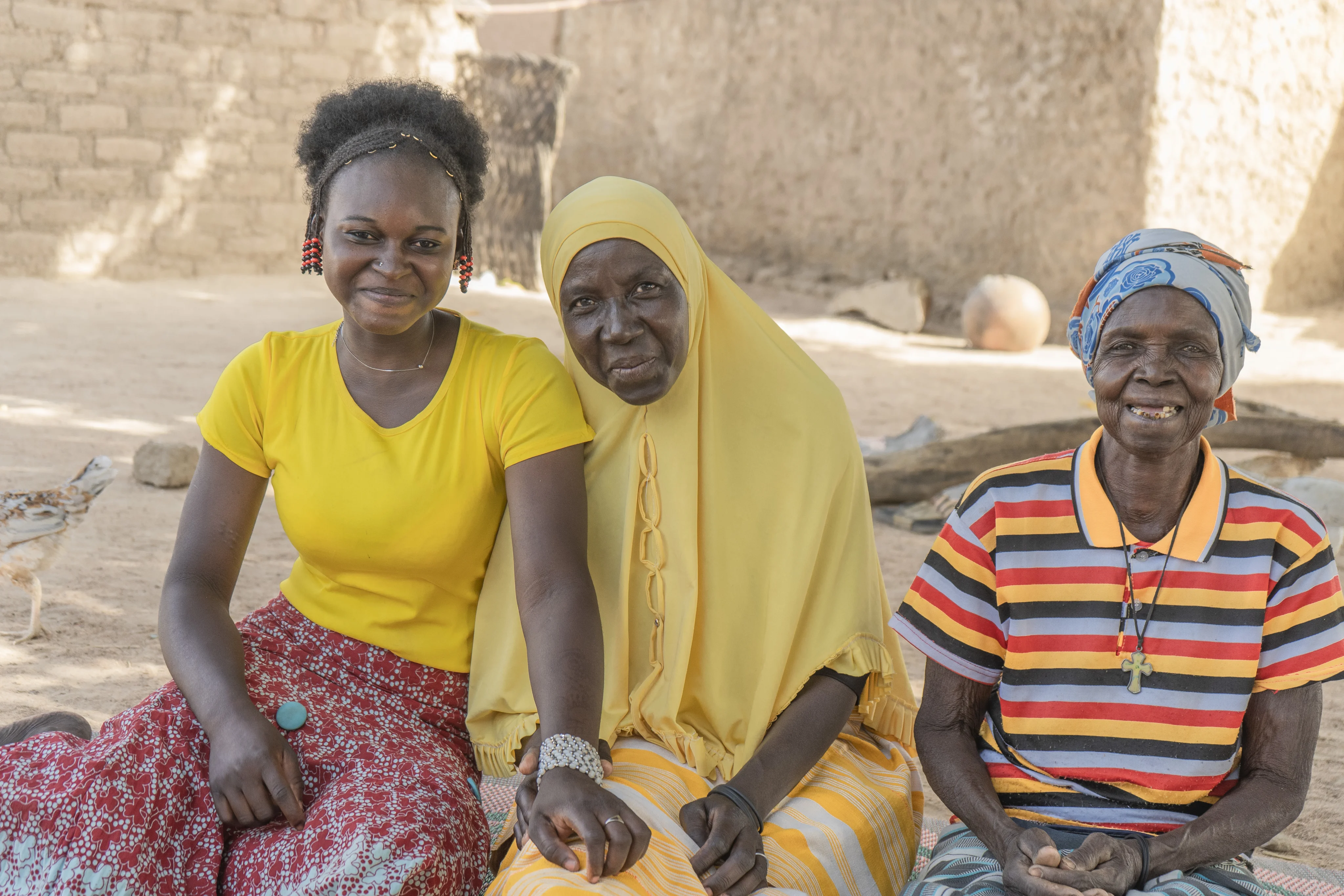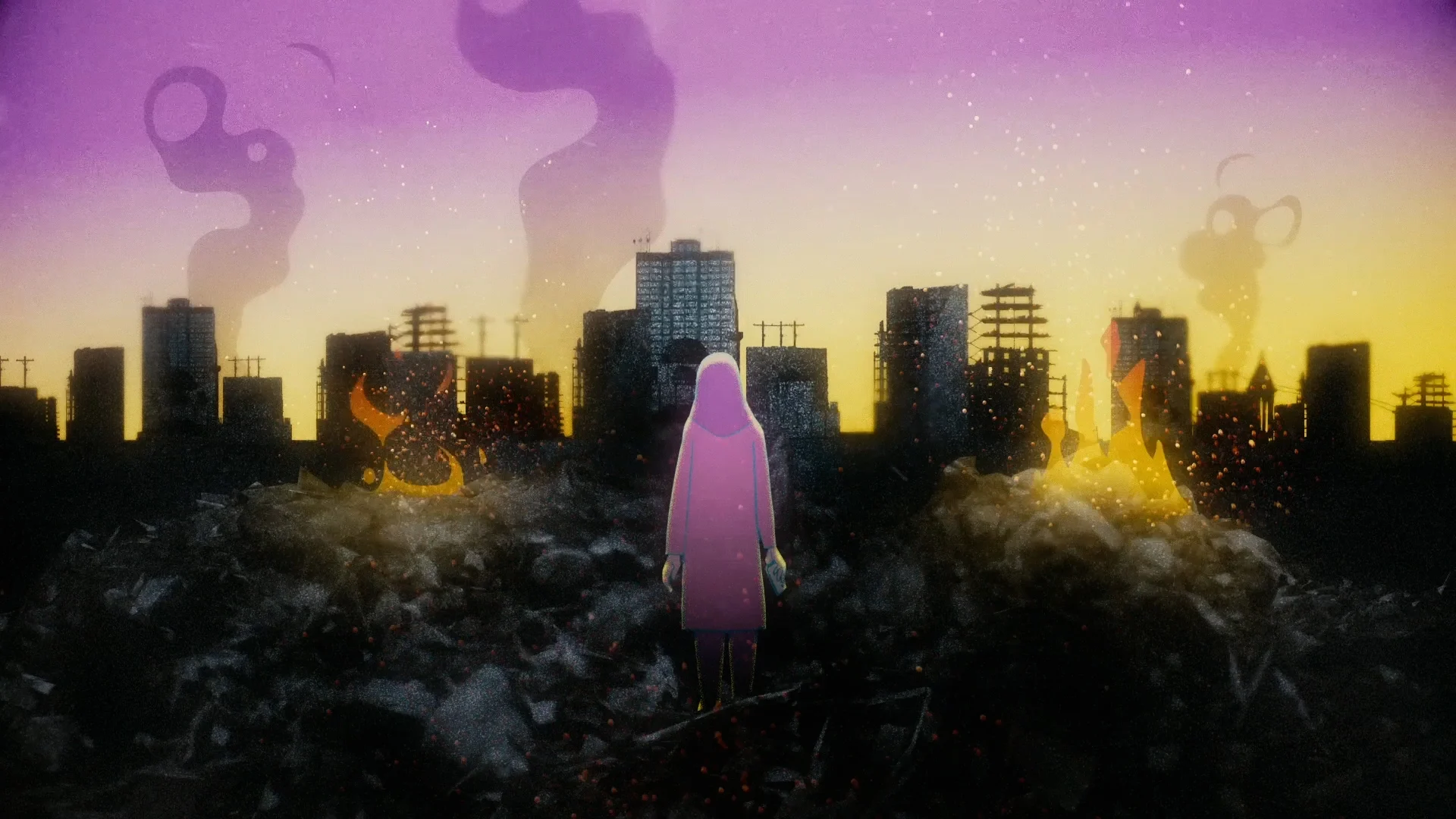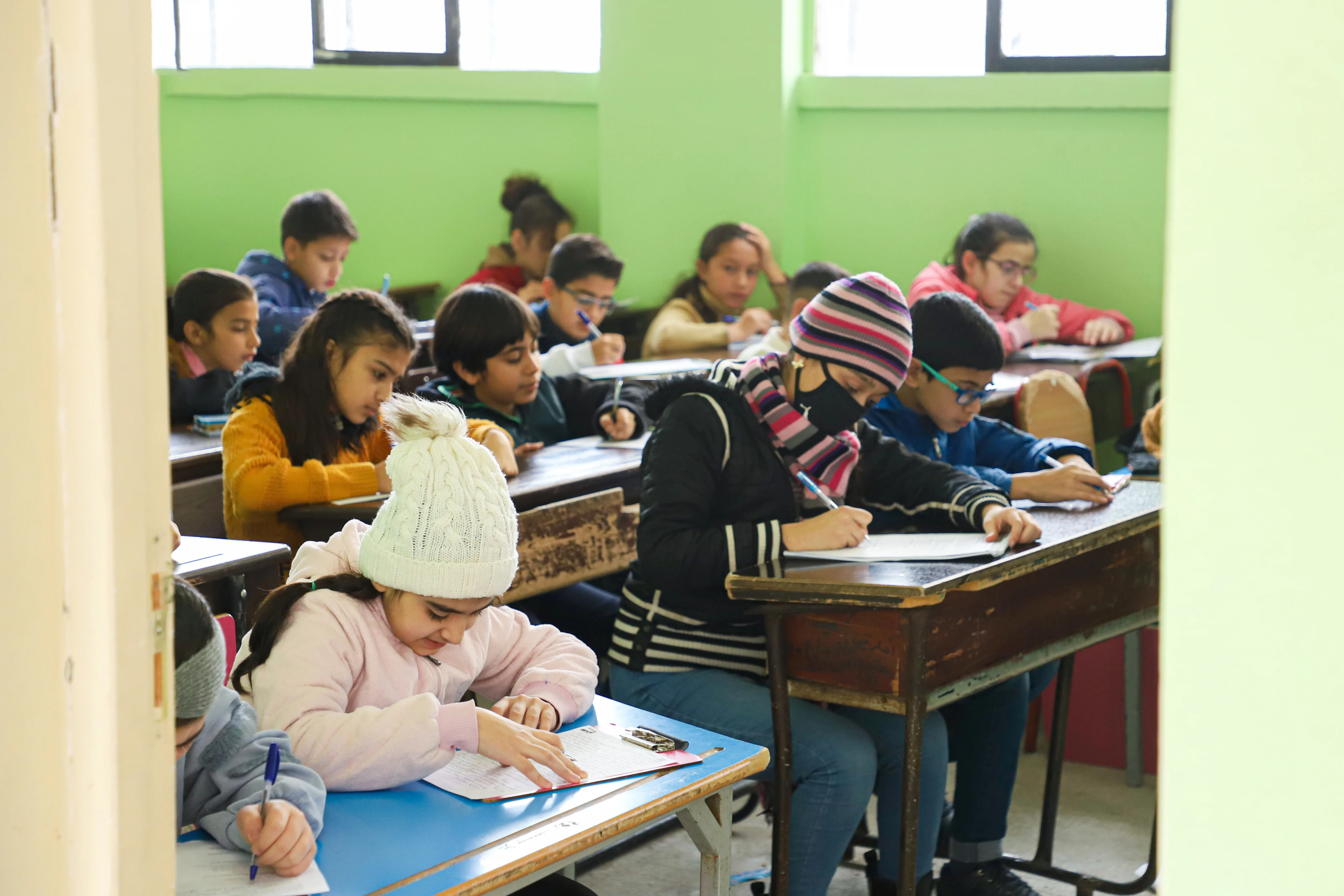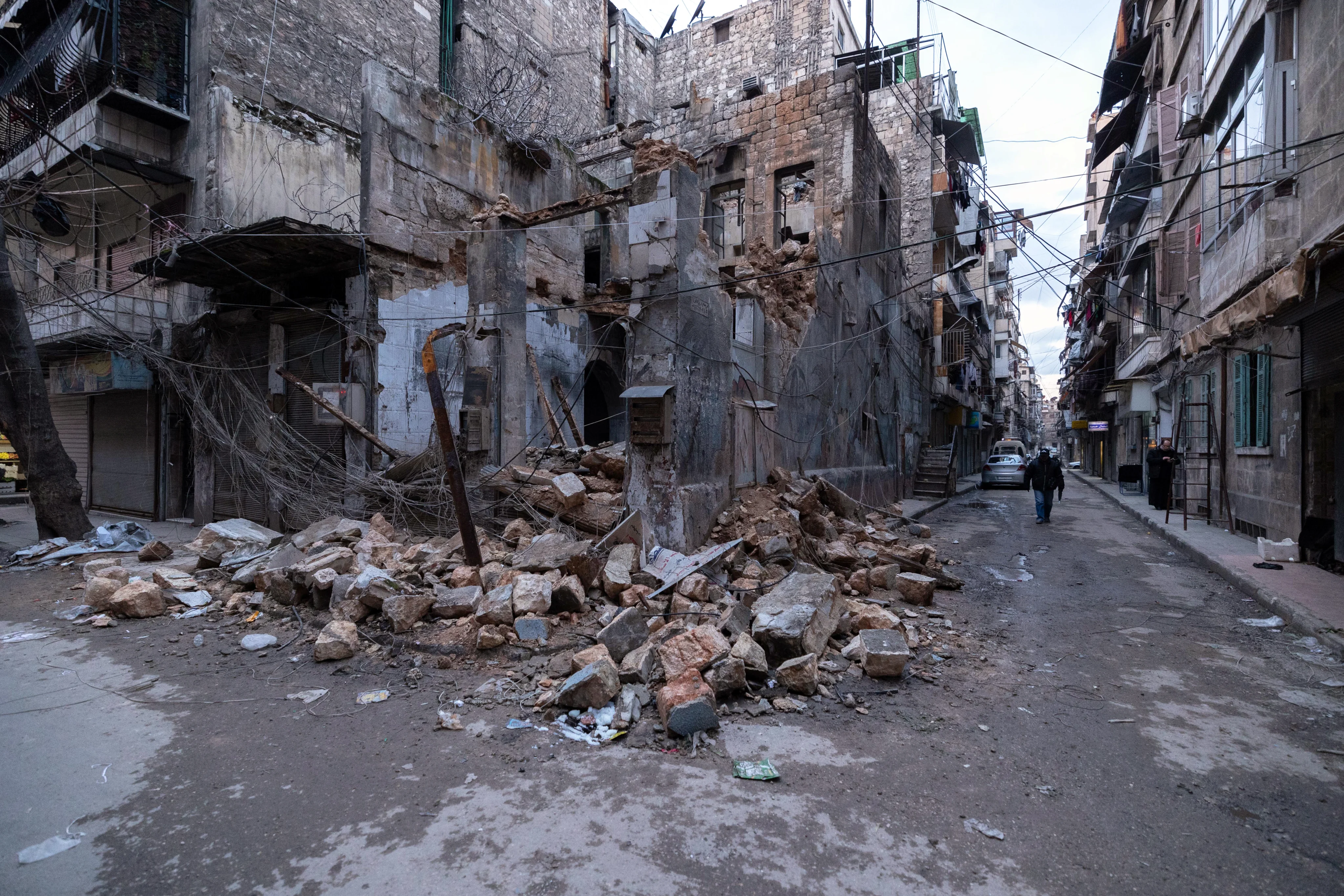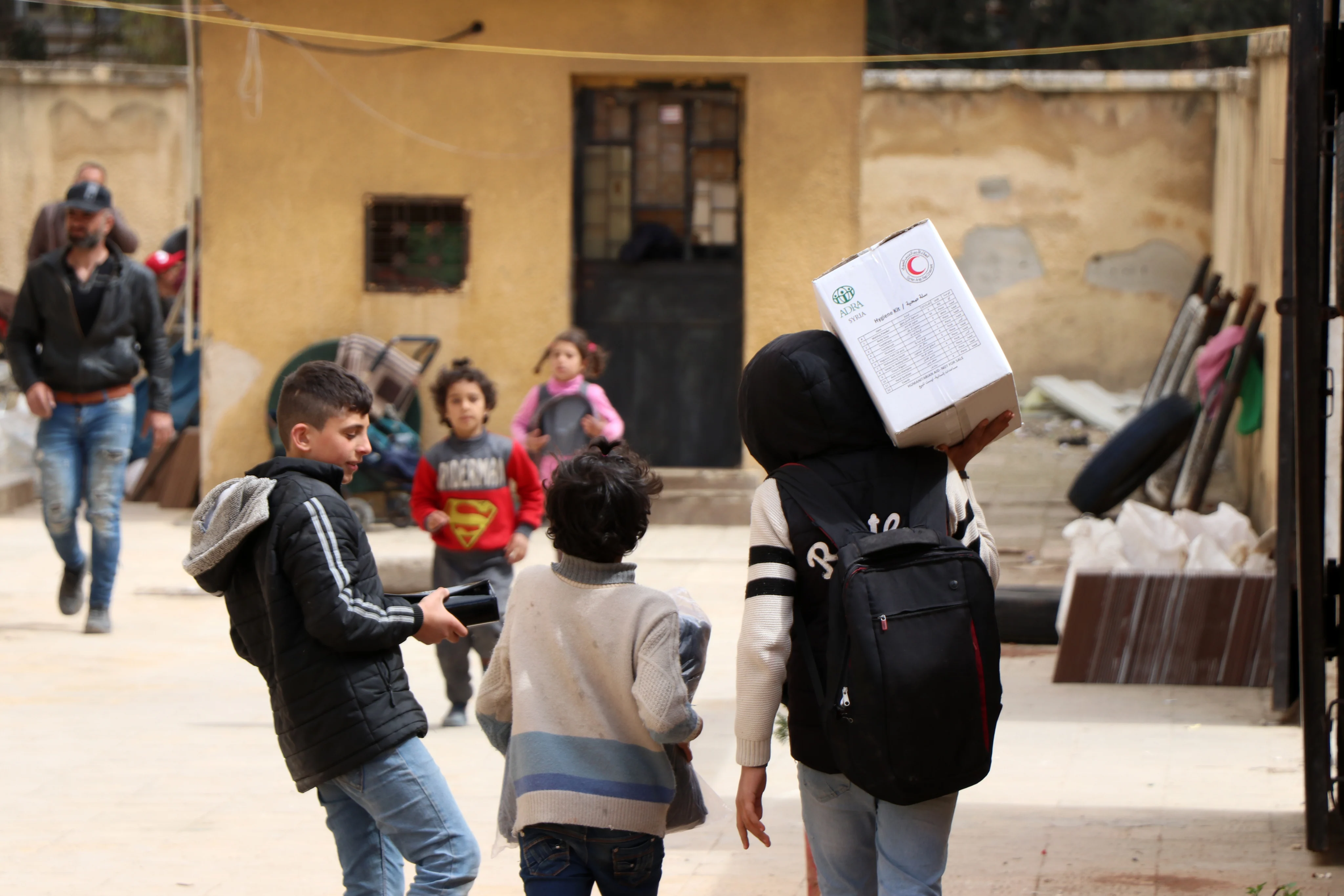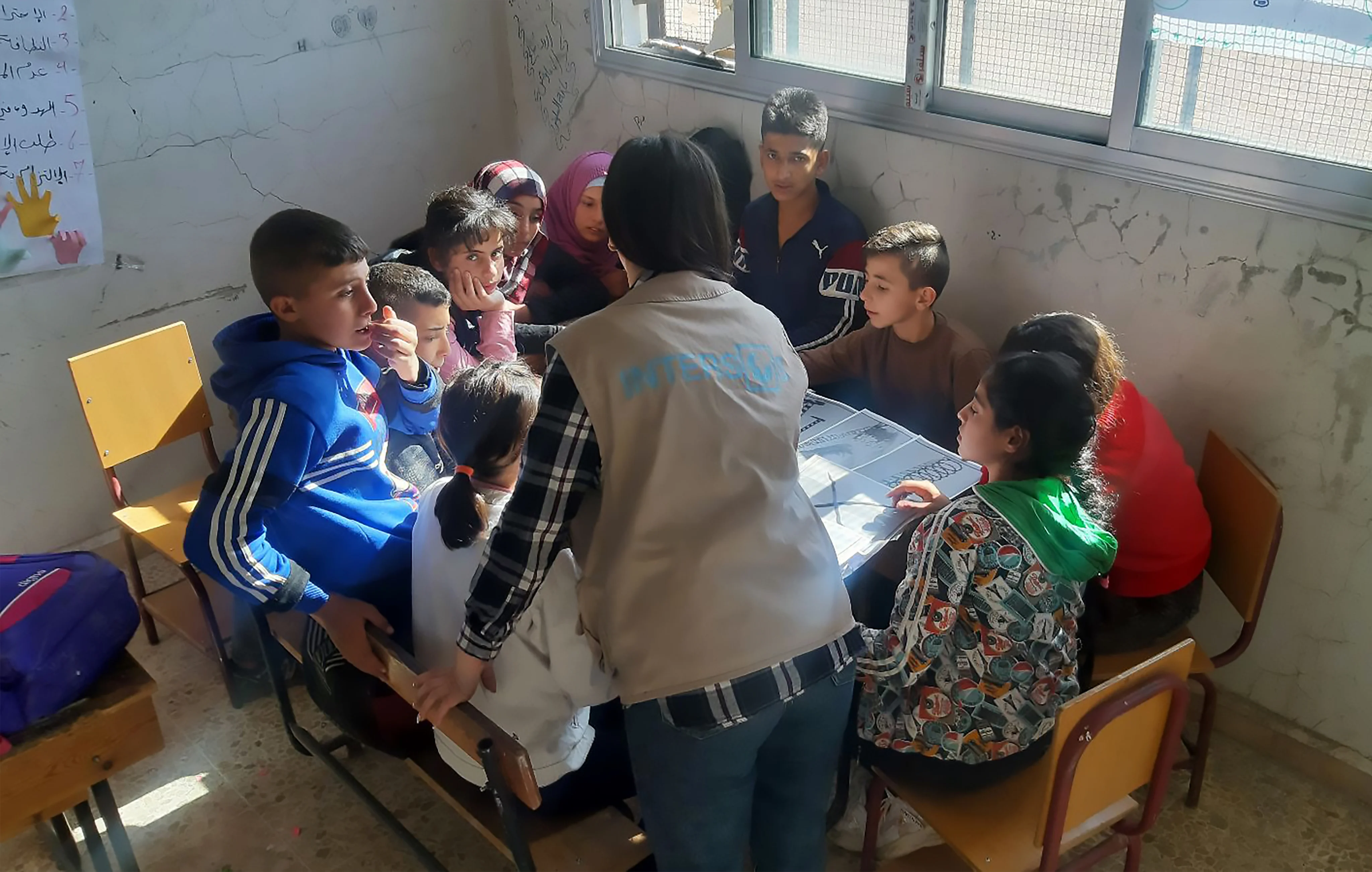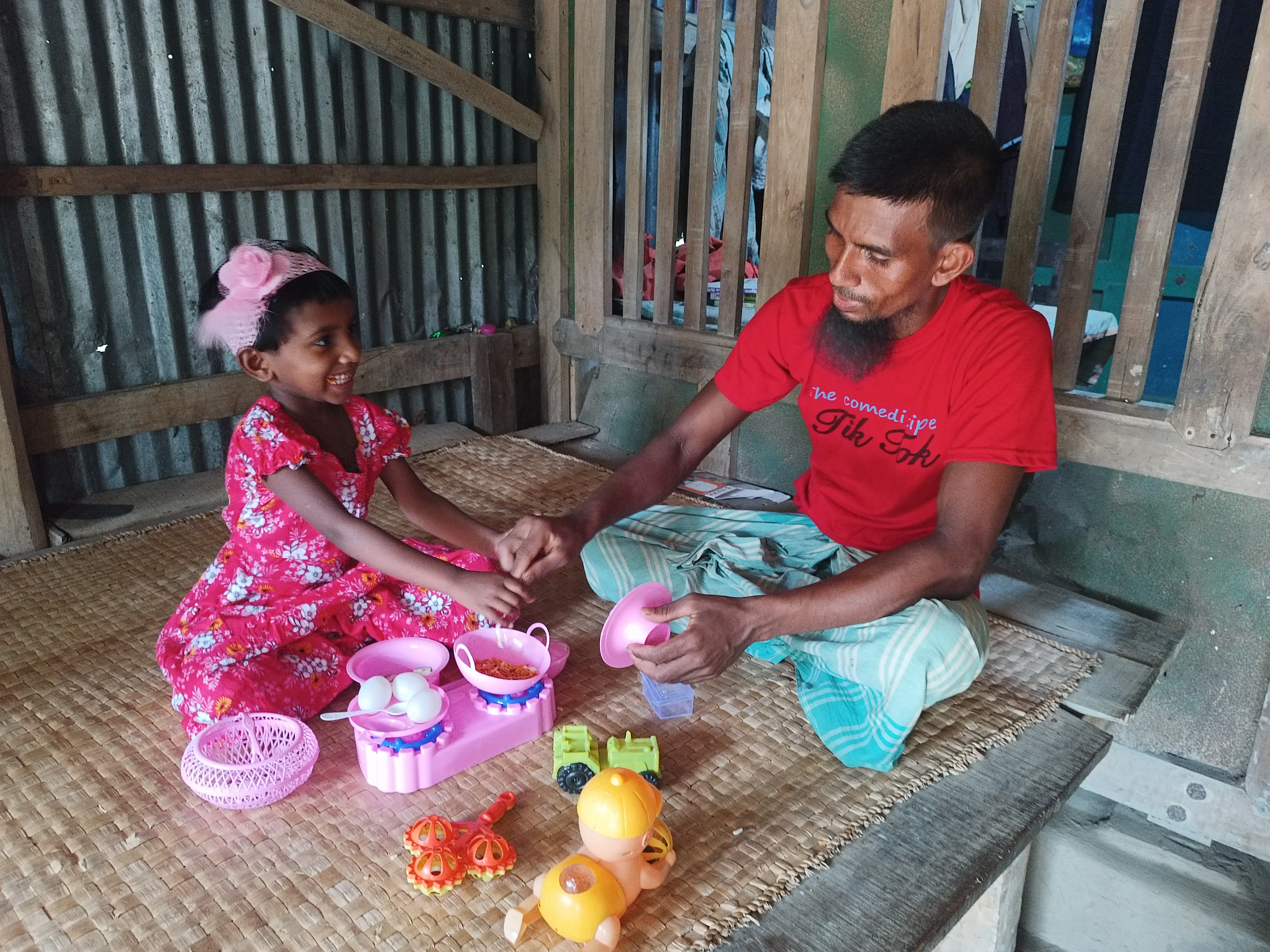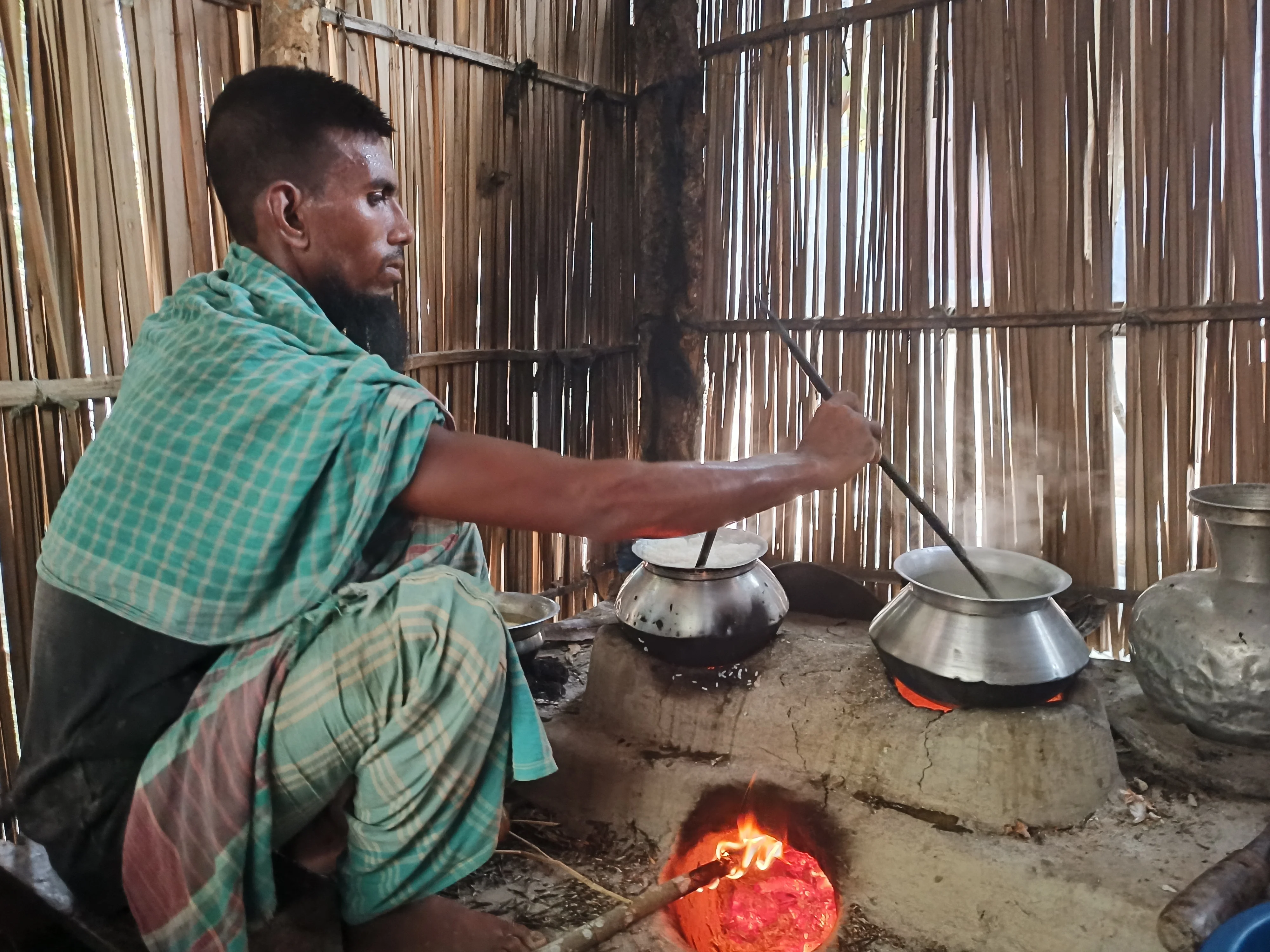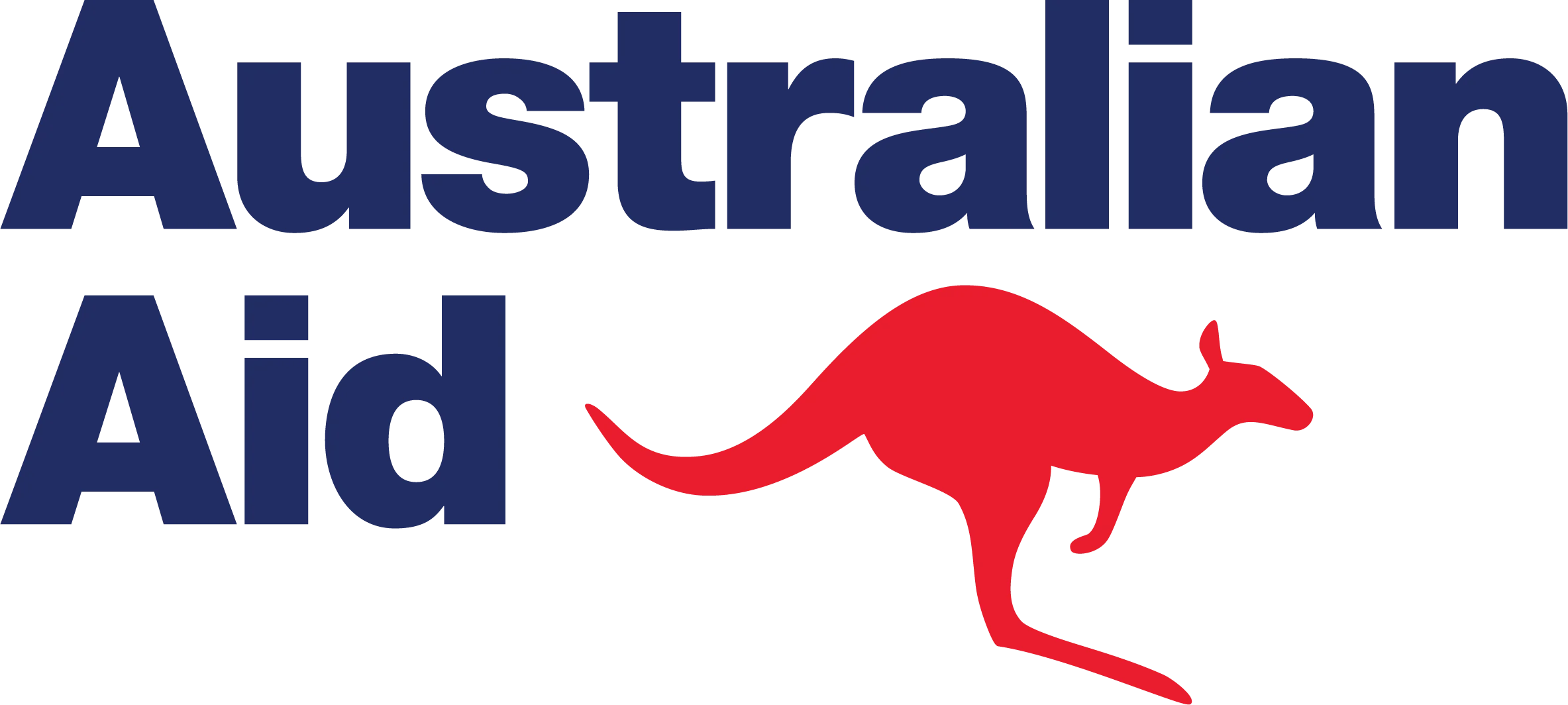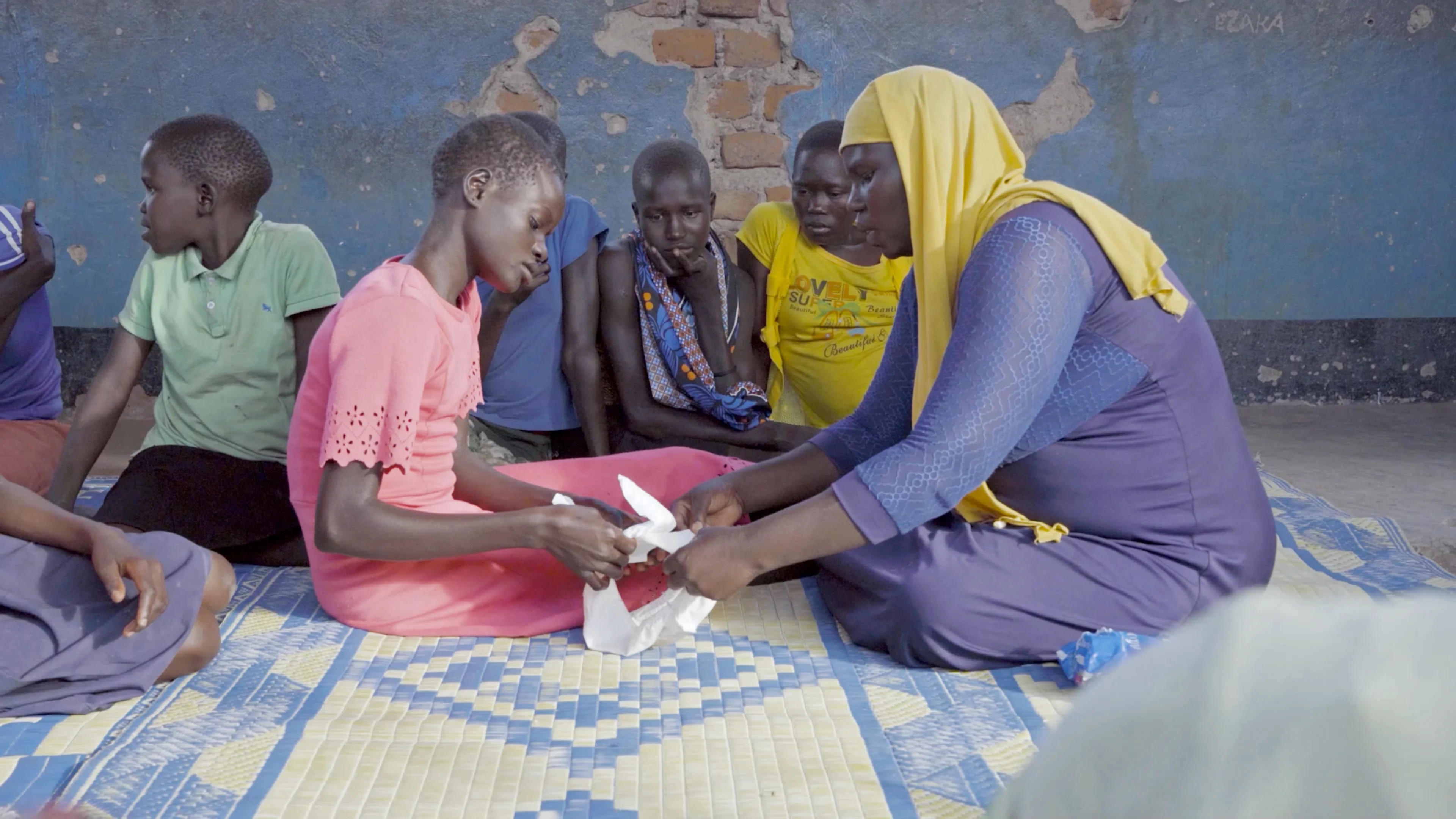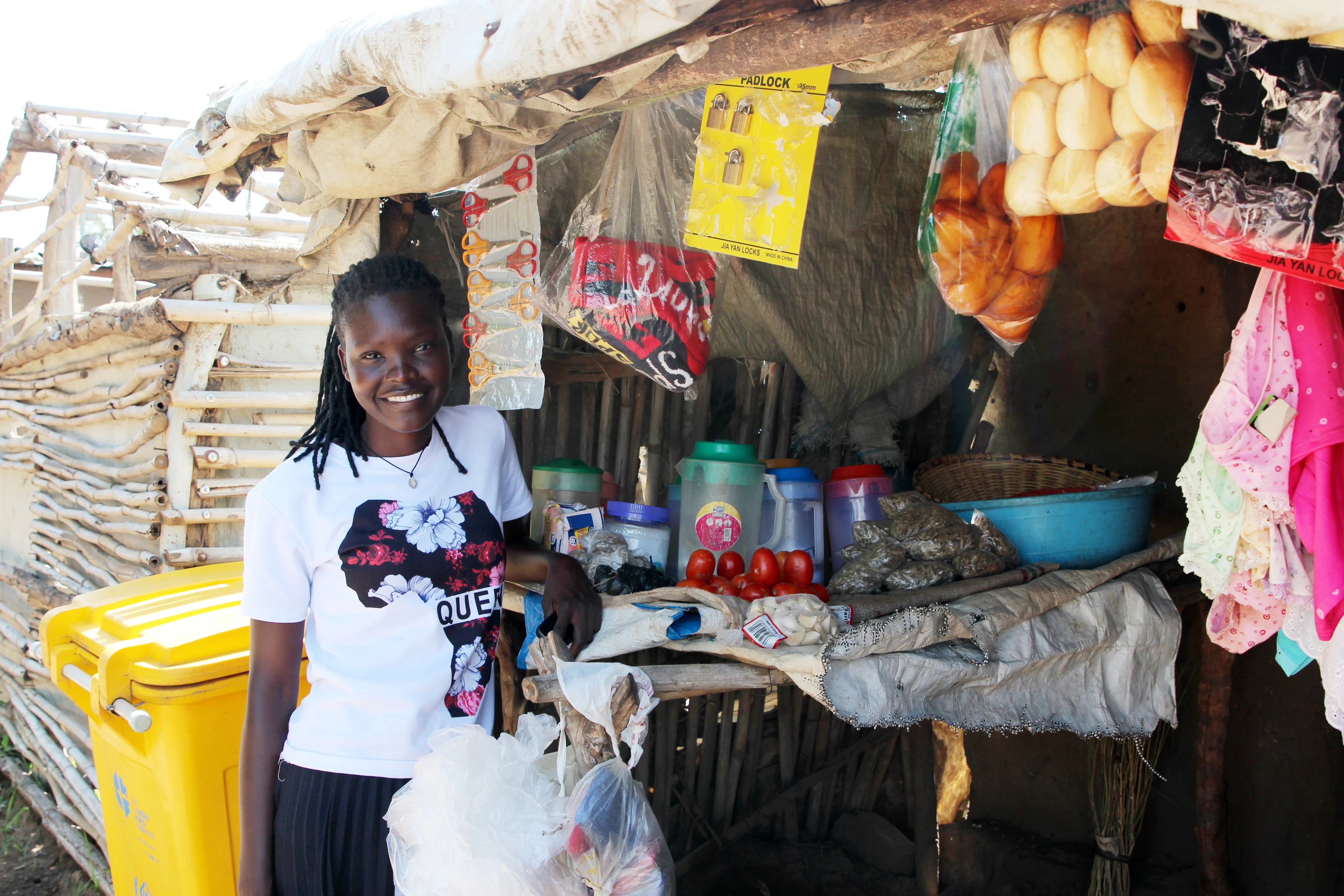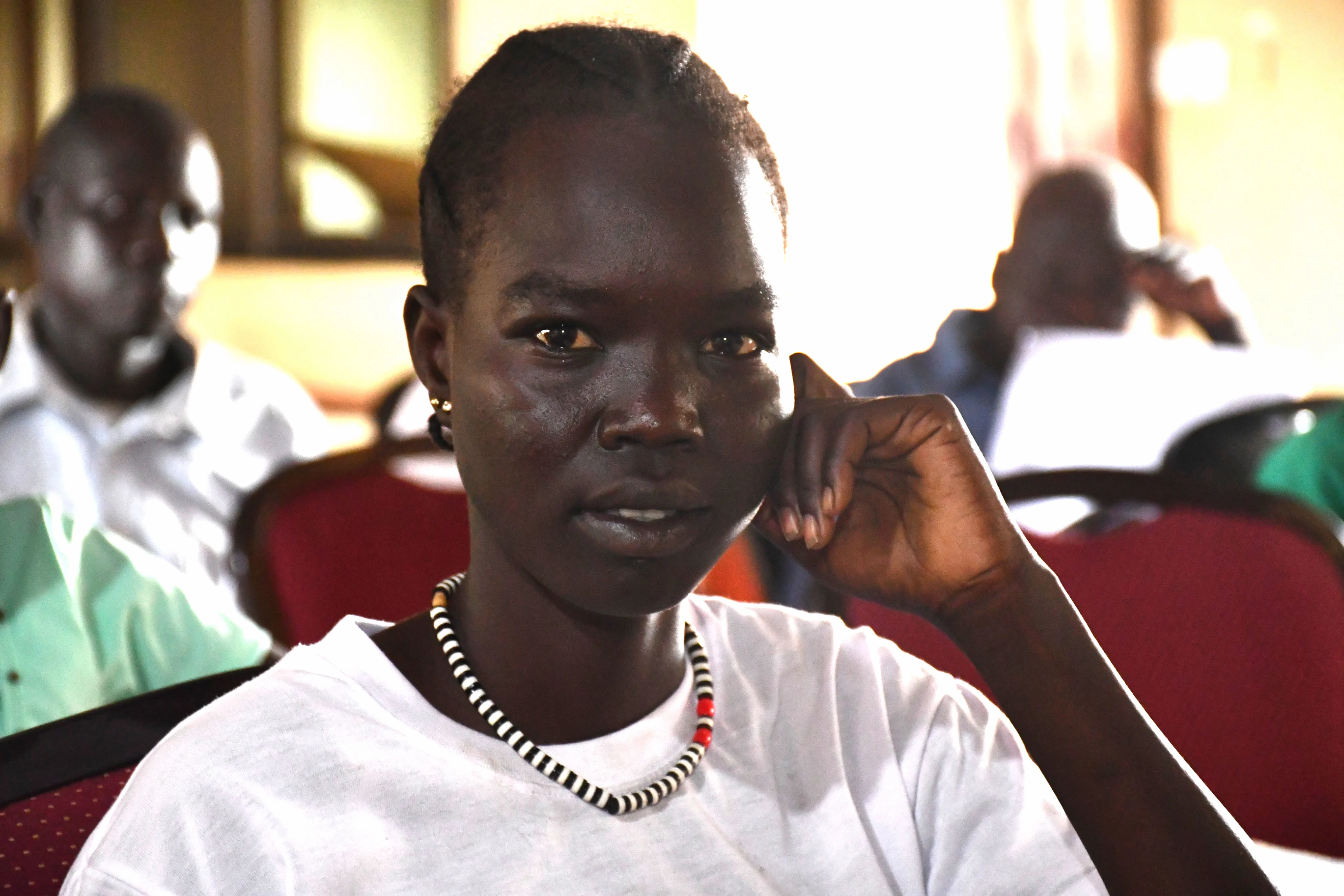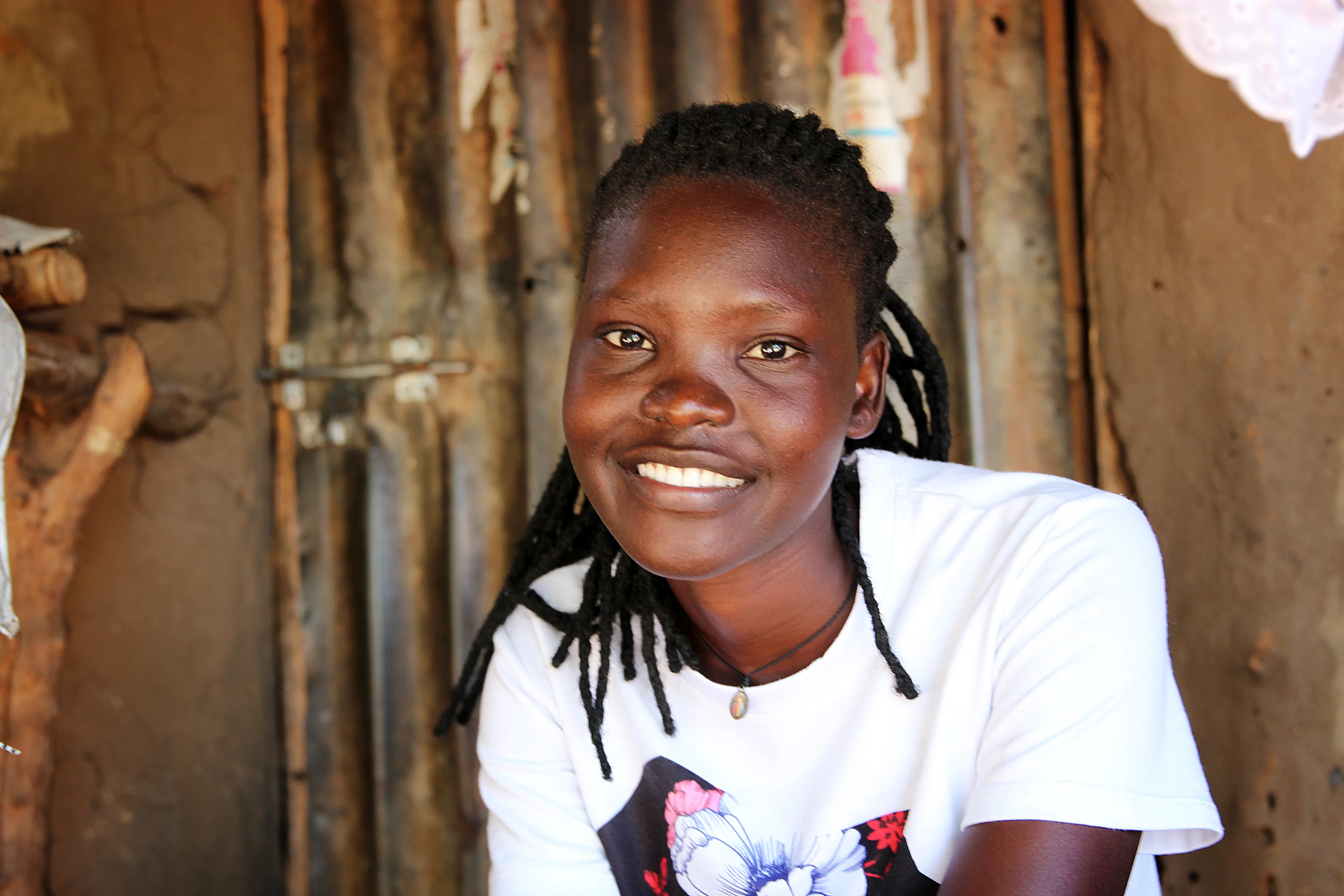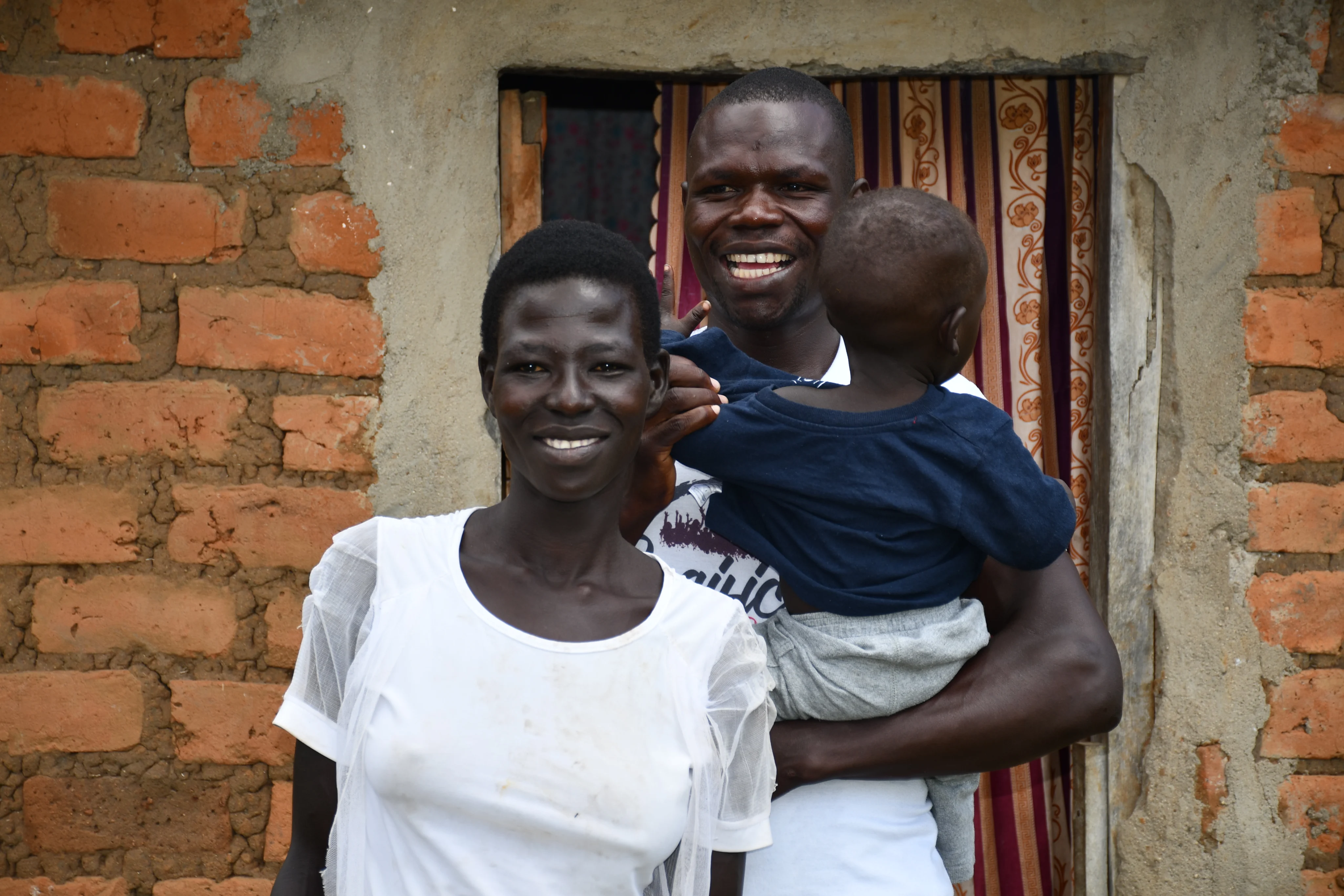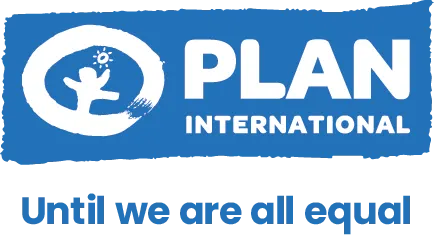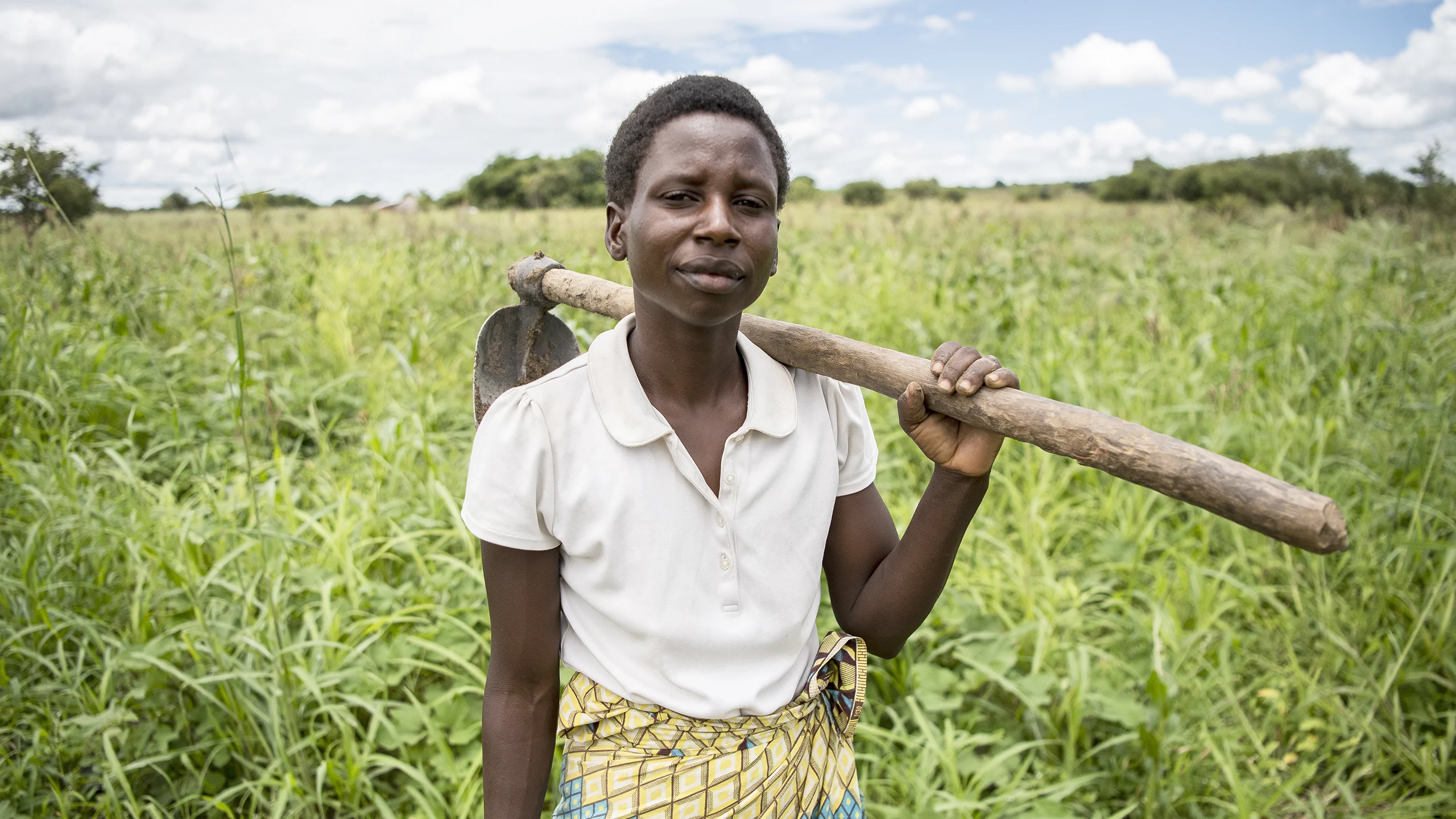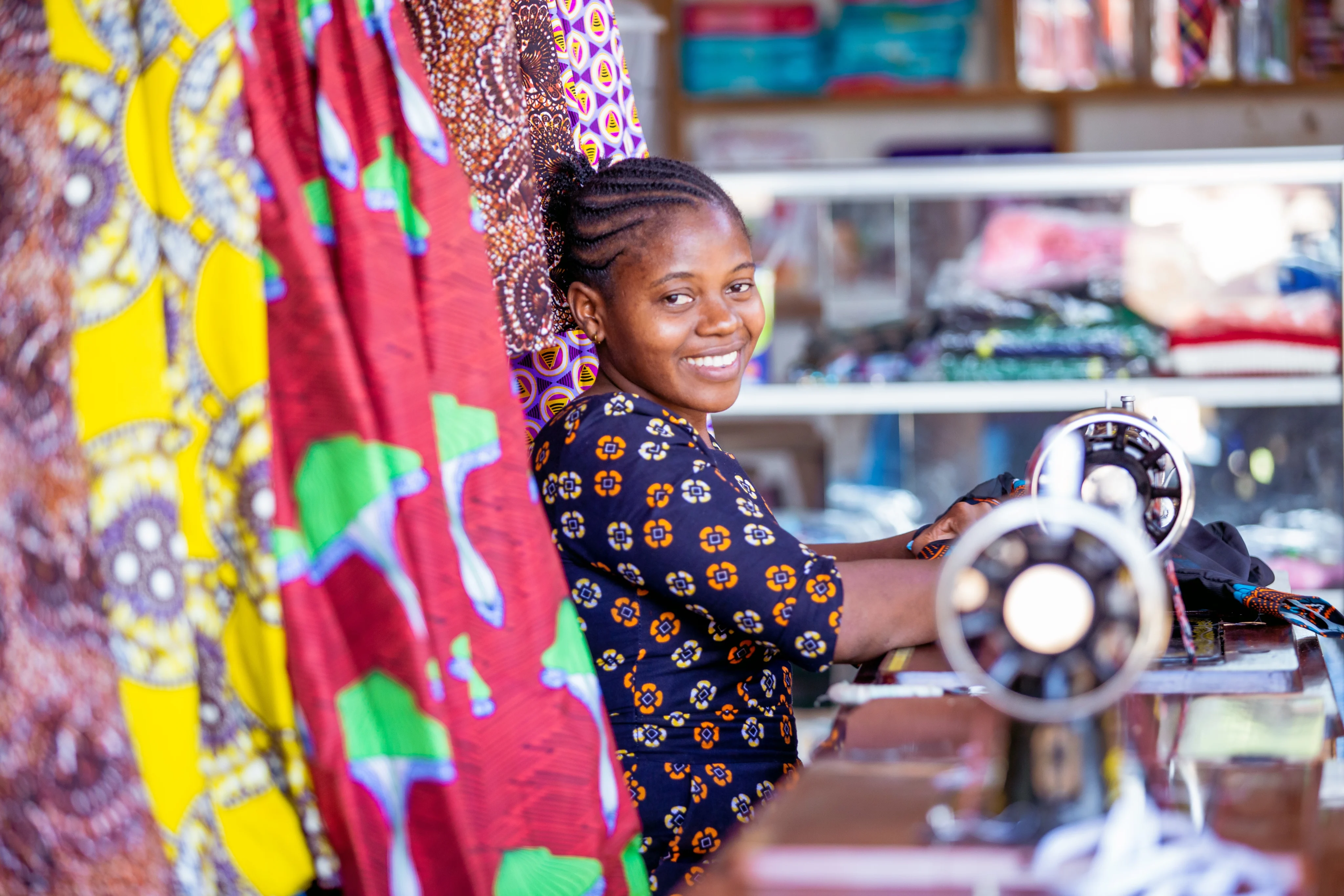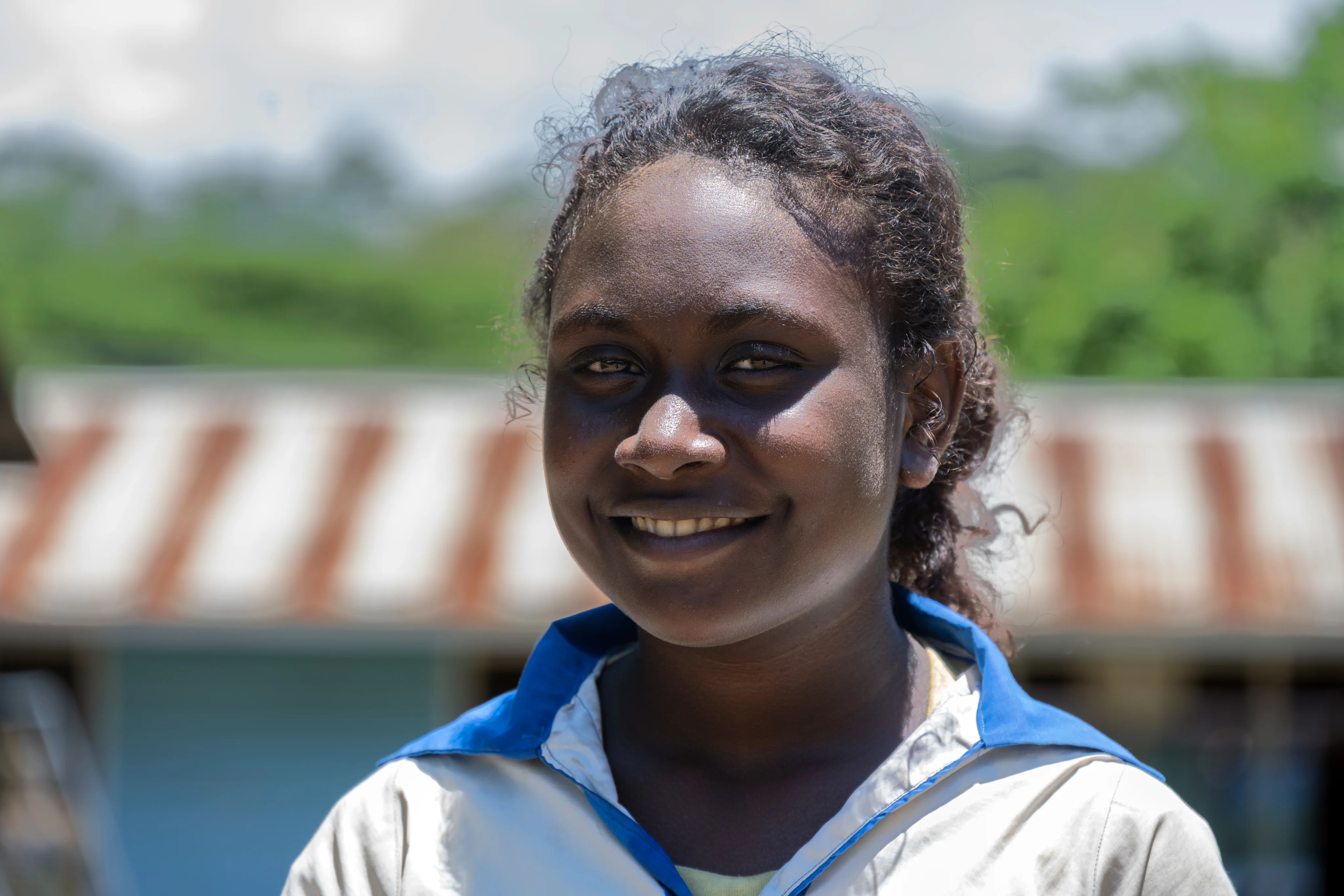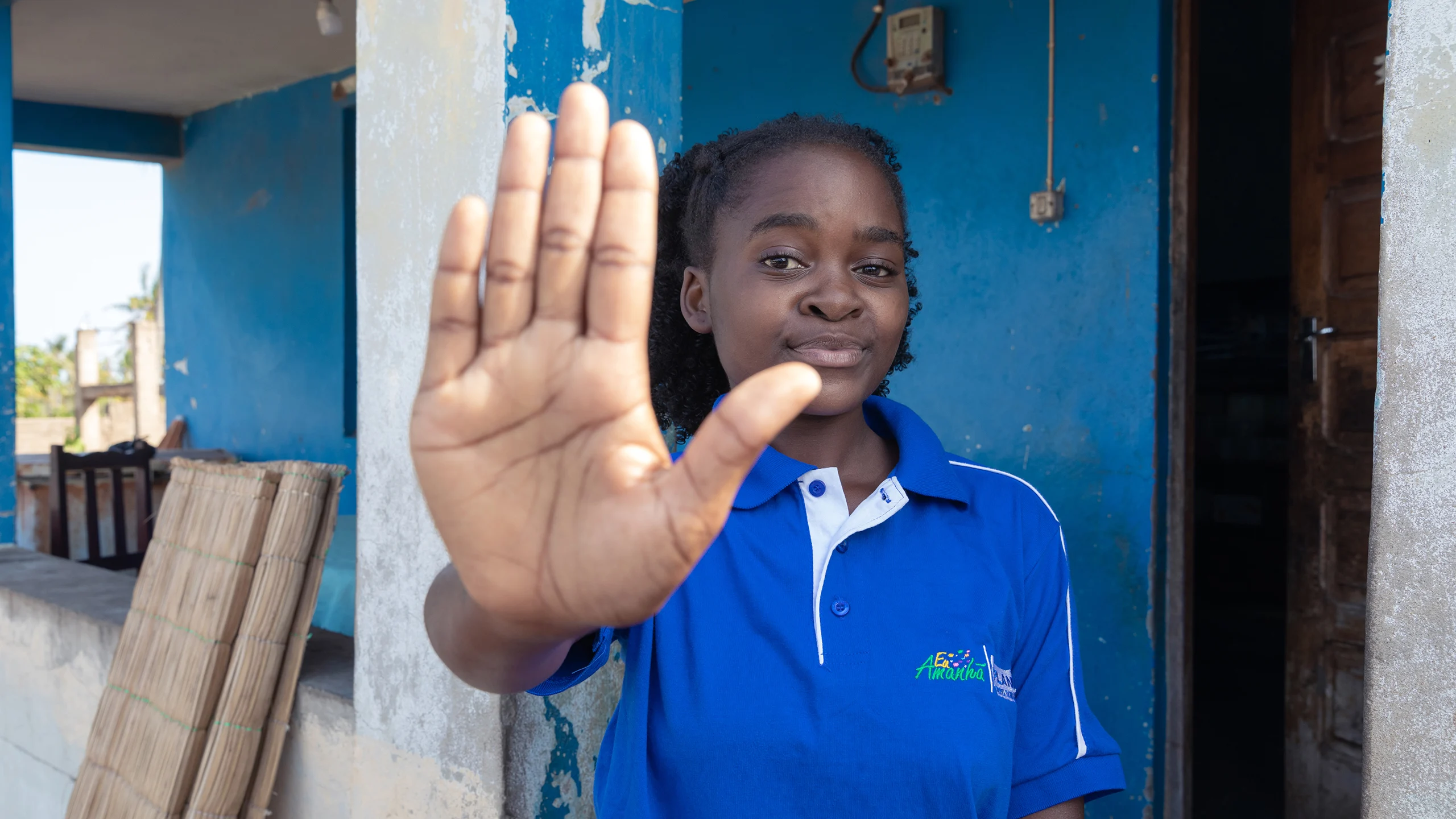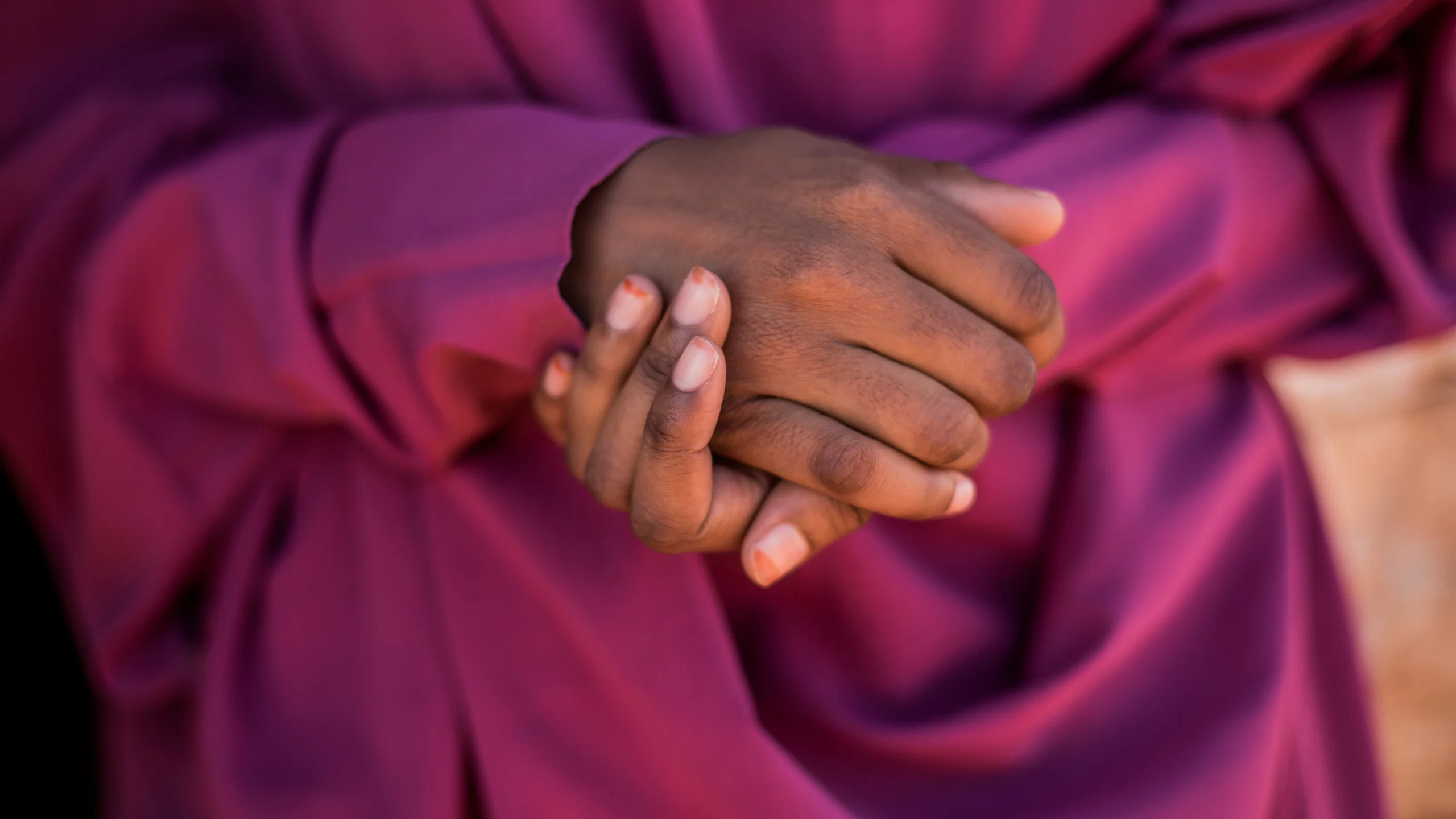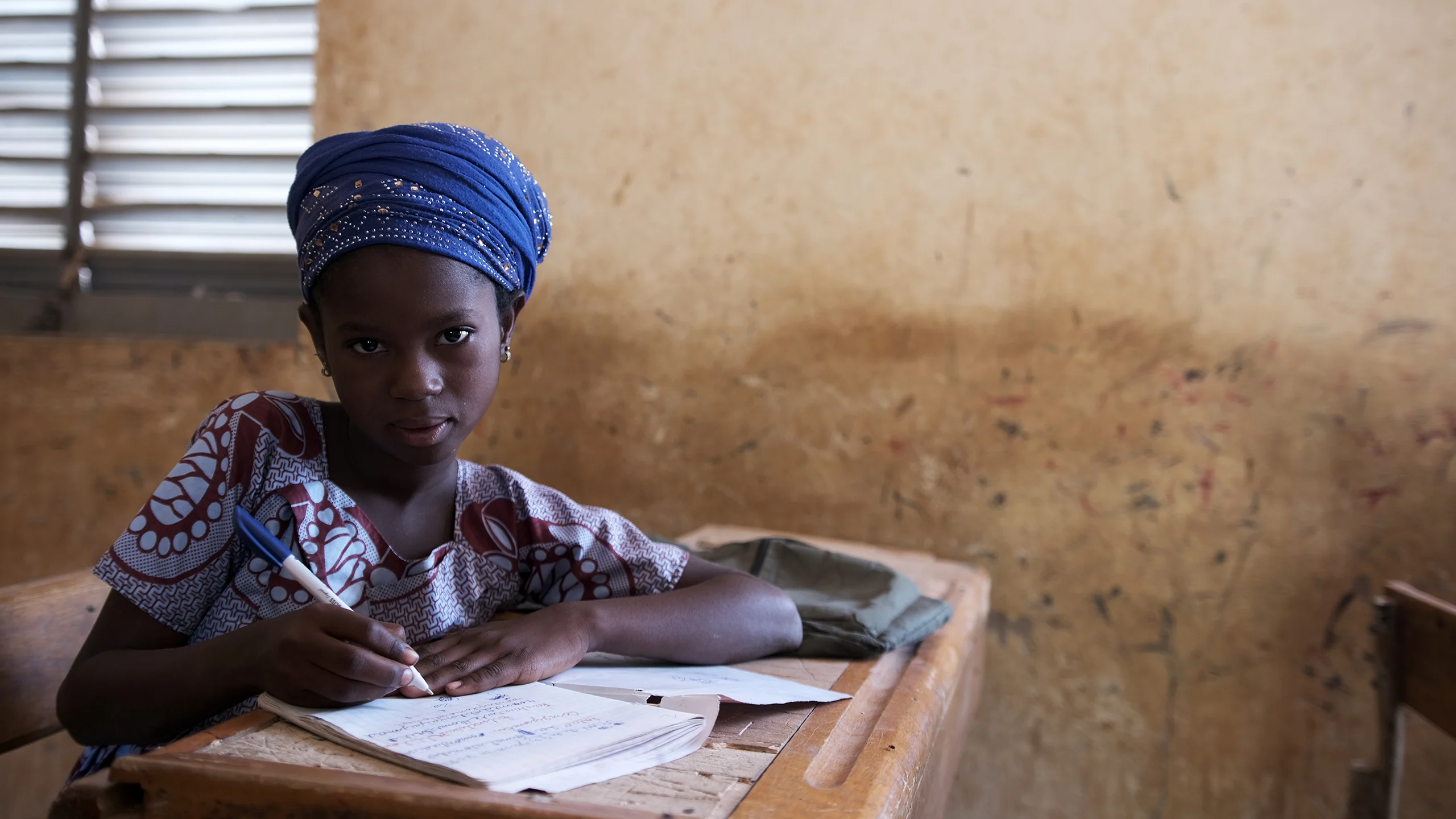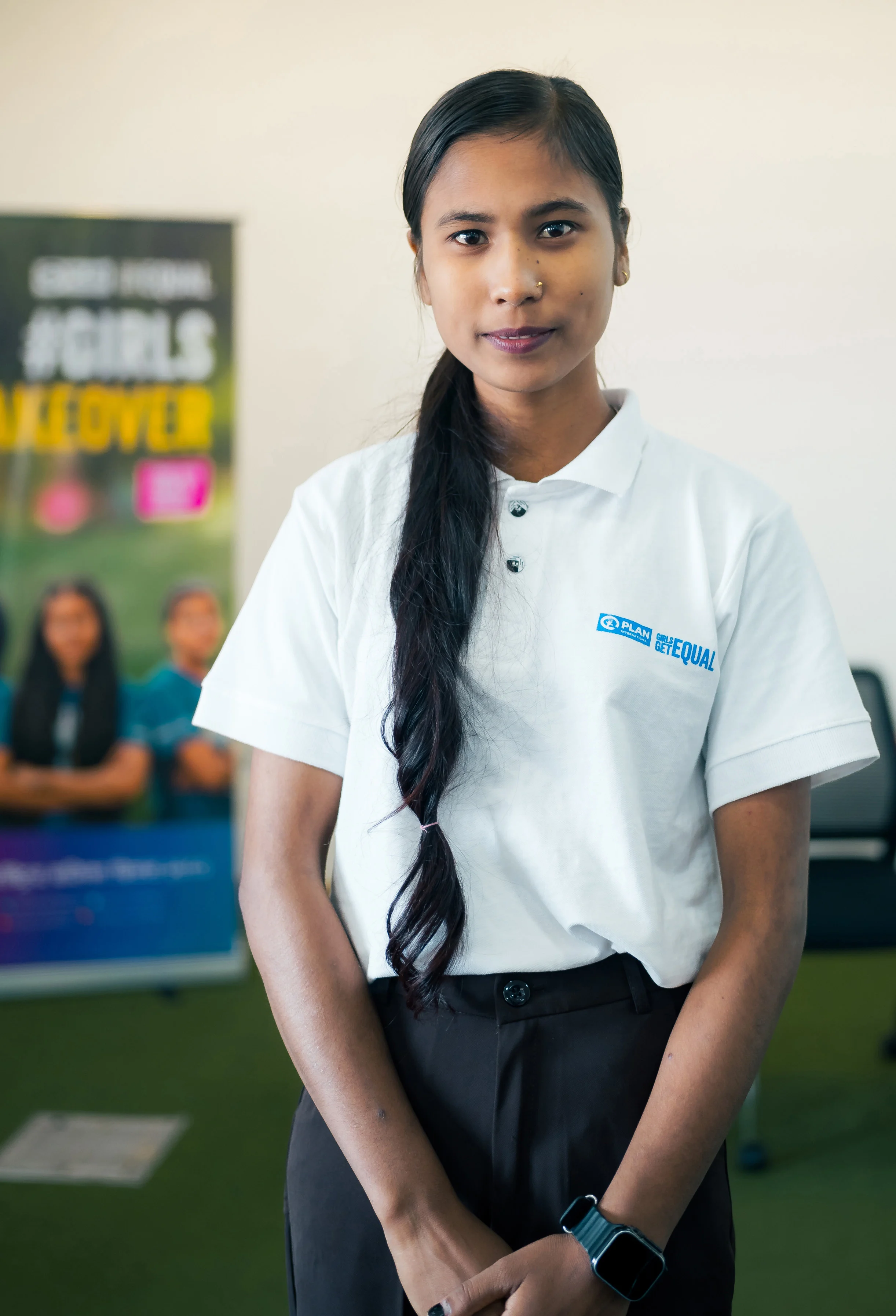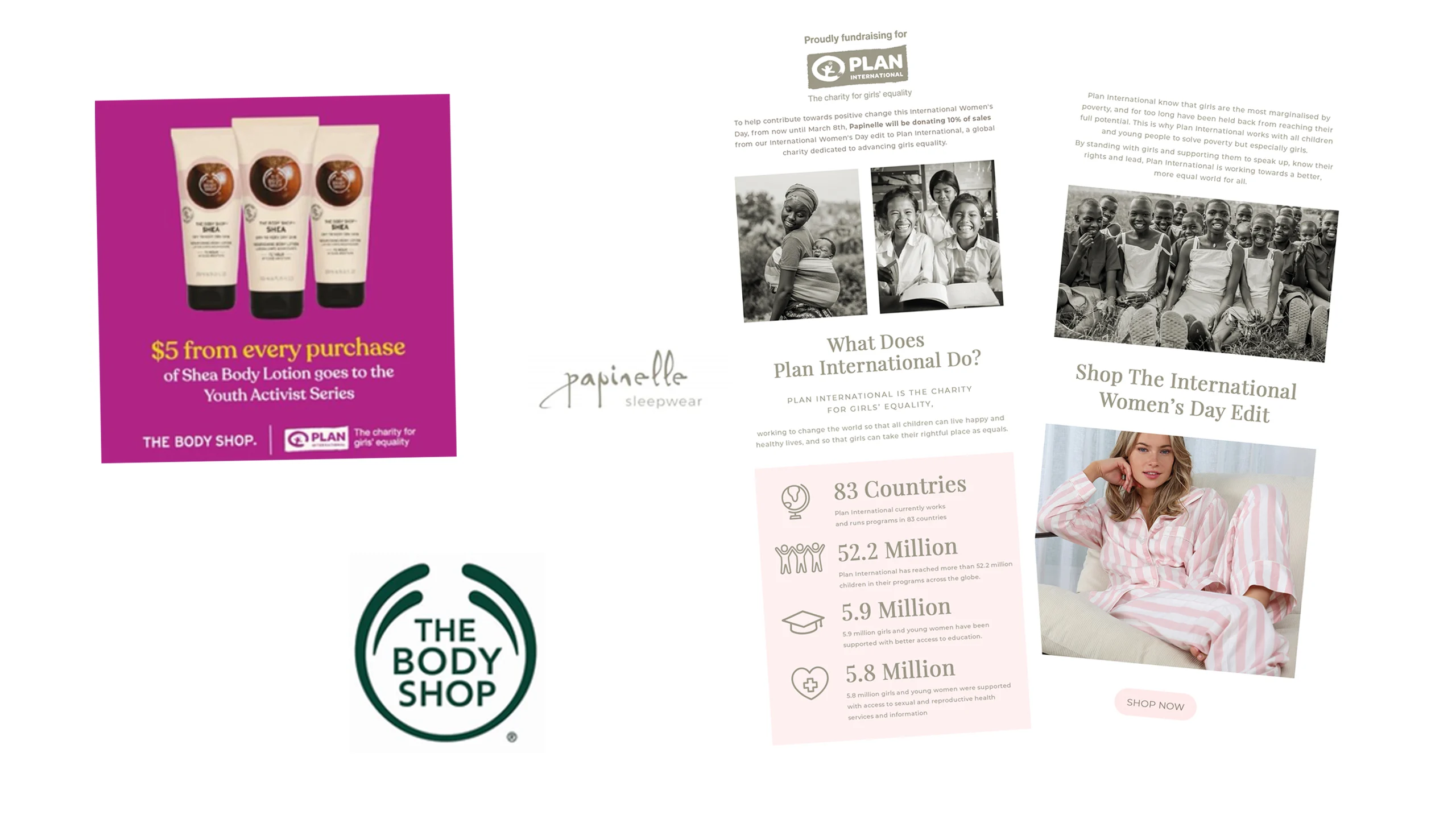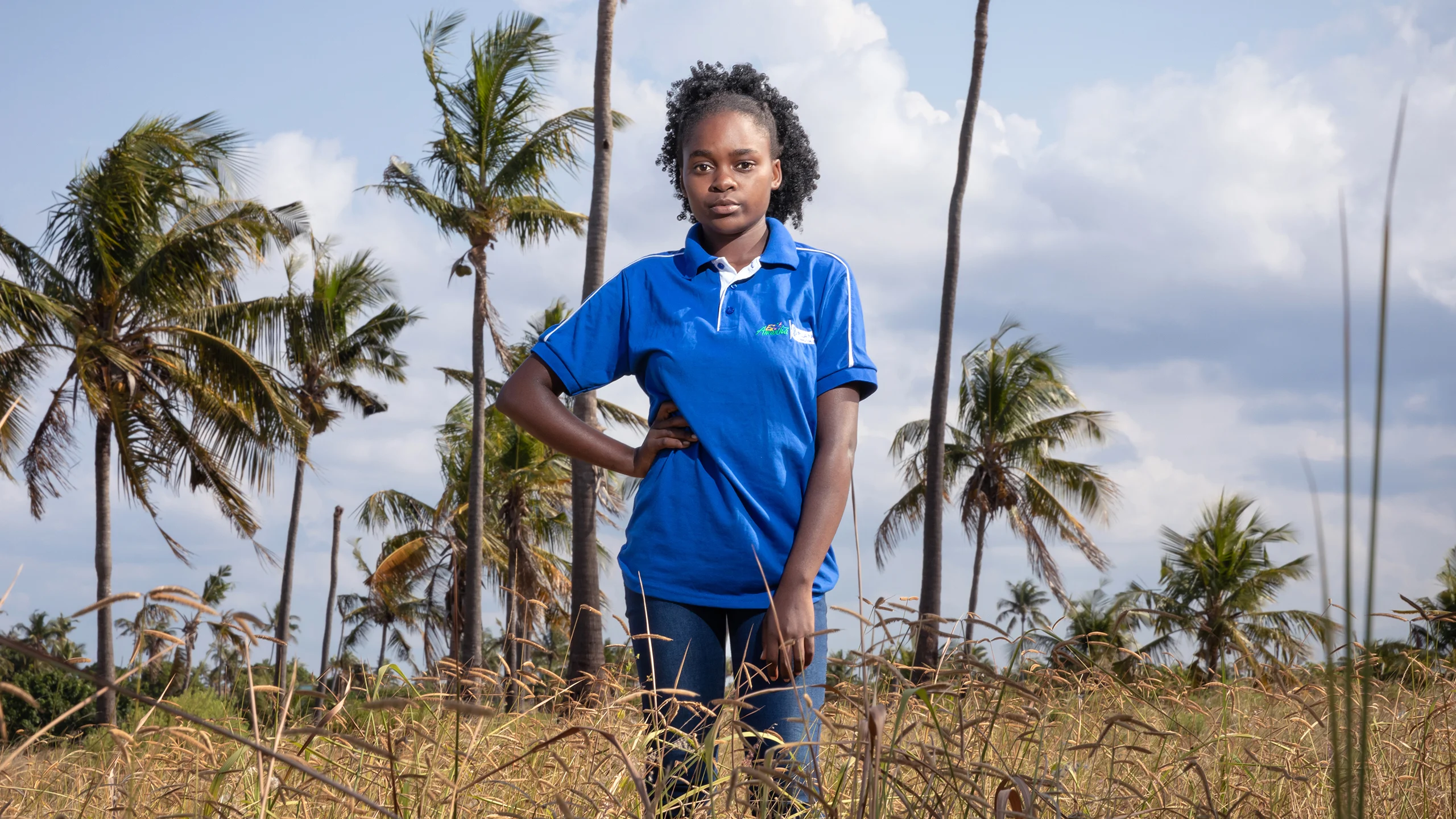Plan International Australia is proud to announce our new Youth Impact Academy. We have been running our youth leadership training since 2017, supporting young people around Australia to create change.Now, for the first time, we’re offering young people aged 15-26 the chance to experience key elements of this leadership program, completely online.
Plan International Australia’s
Youth Impact Academy

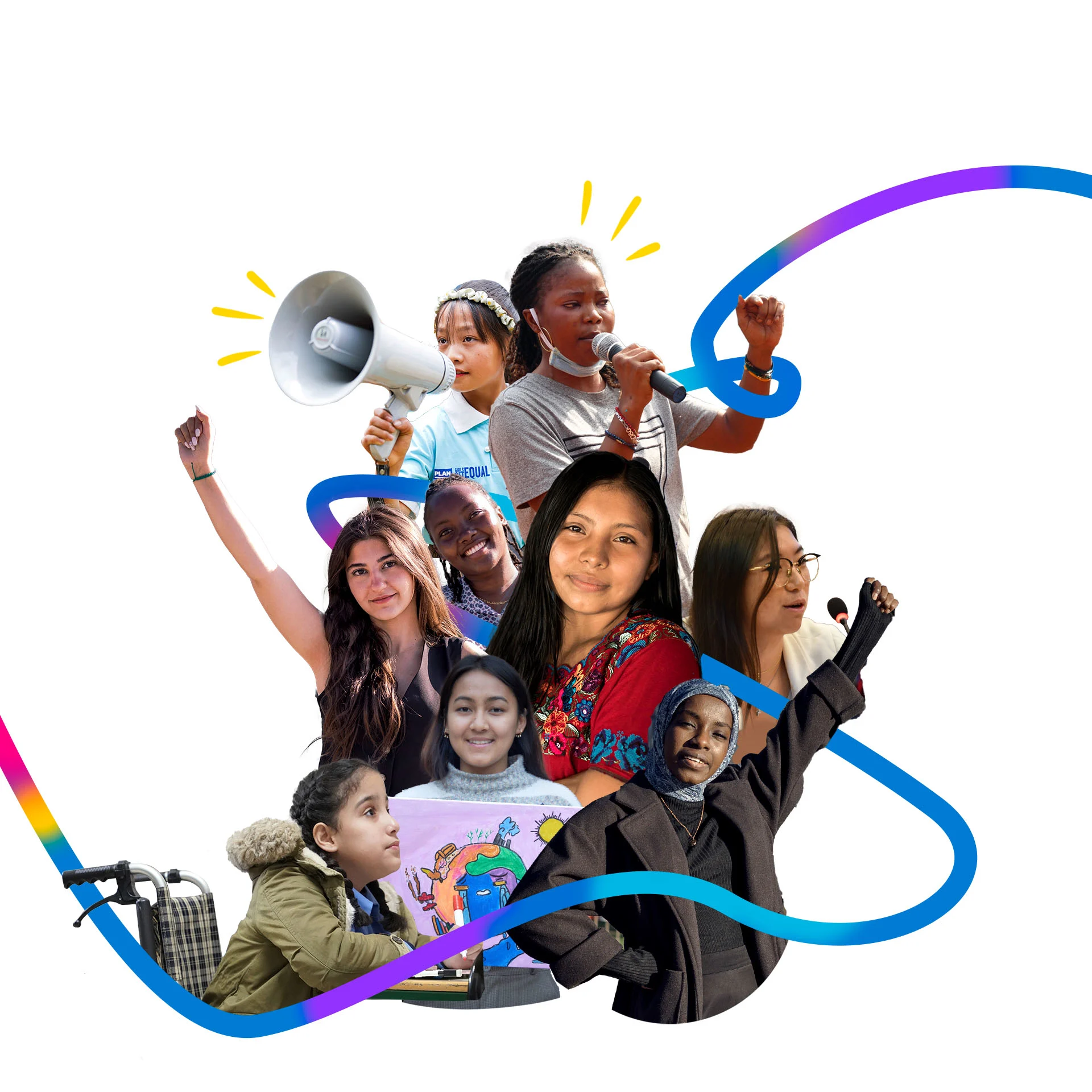
We are proud to be launching our new Youth Impact Academy!
We have been running our youth leadership training since 2017, supporting young people around Australia to create change.
Now, for the first time, we’re offering young people aged 15-26 the chance to experience key elements of this leadership program, completely online.
You will get access to six online sessions throughout 2024 – 2025, building your leadership, advocacy, and social impact skills, to make change for gender equality!
Plan International Australia’s Gender Compass and Represent Us research found that young people are more likely to see gender equality as important, however, there are still some young people who reject gender equality.
Through this research, we have found that:
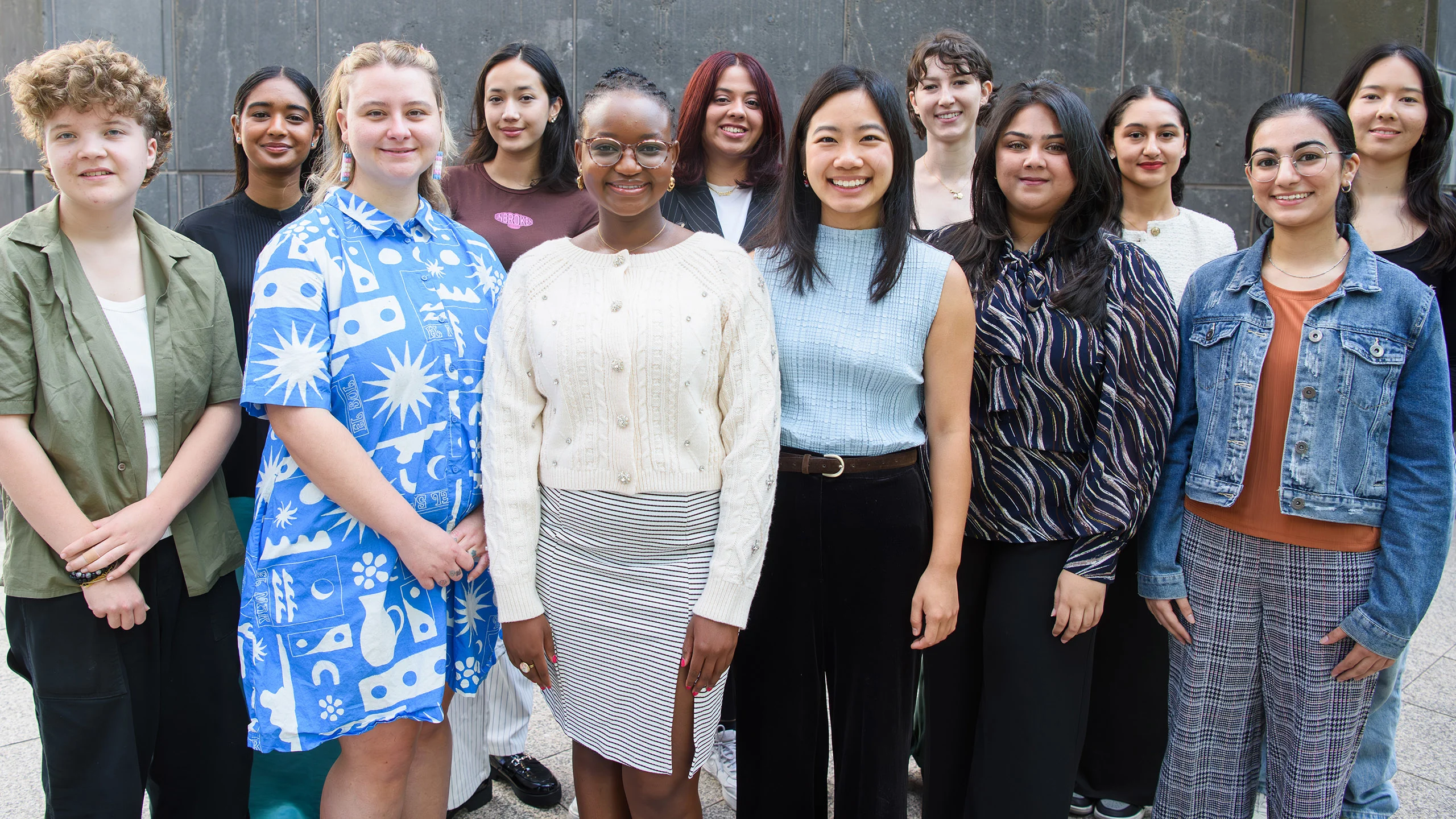
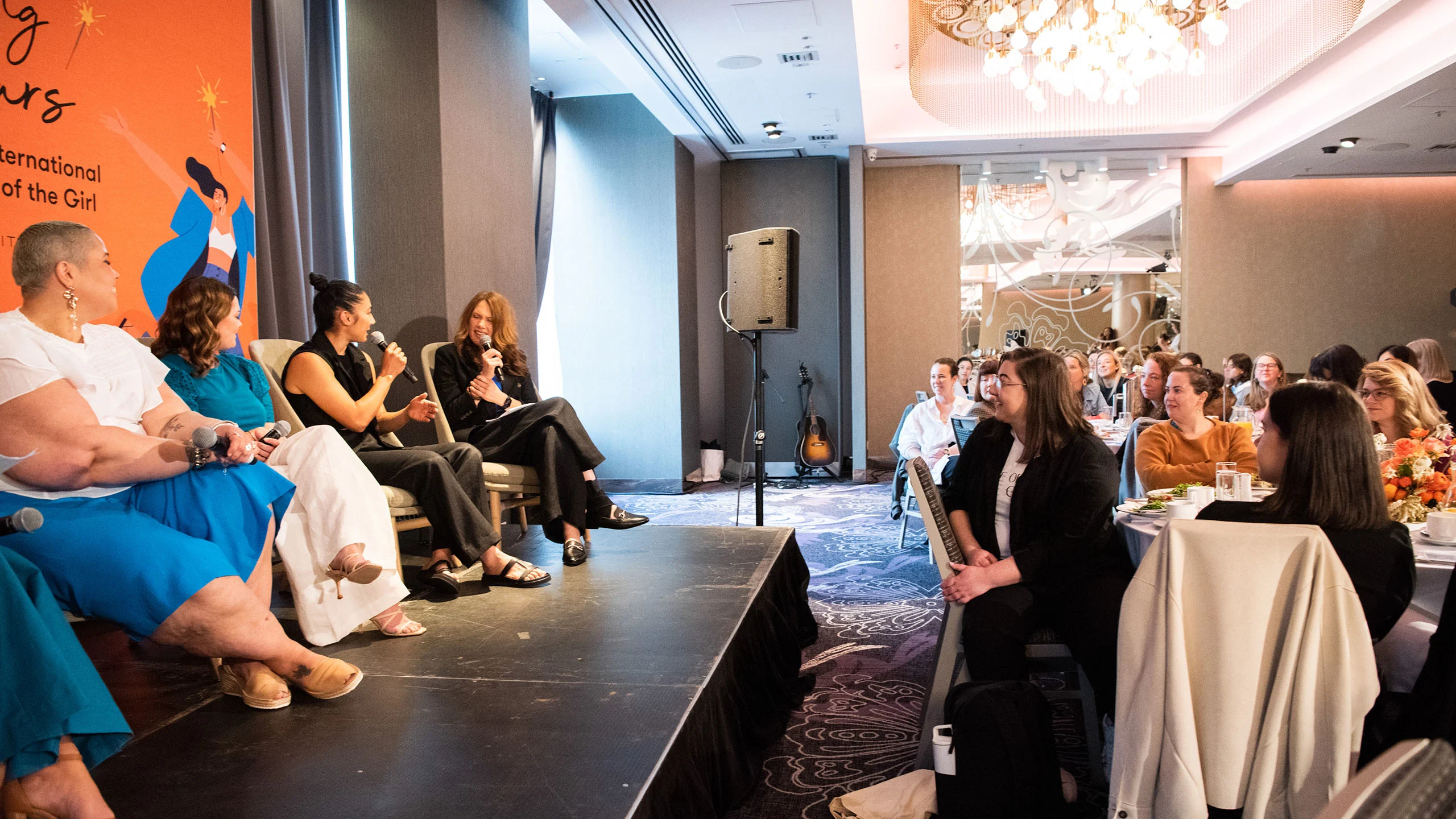
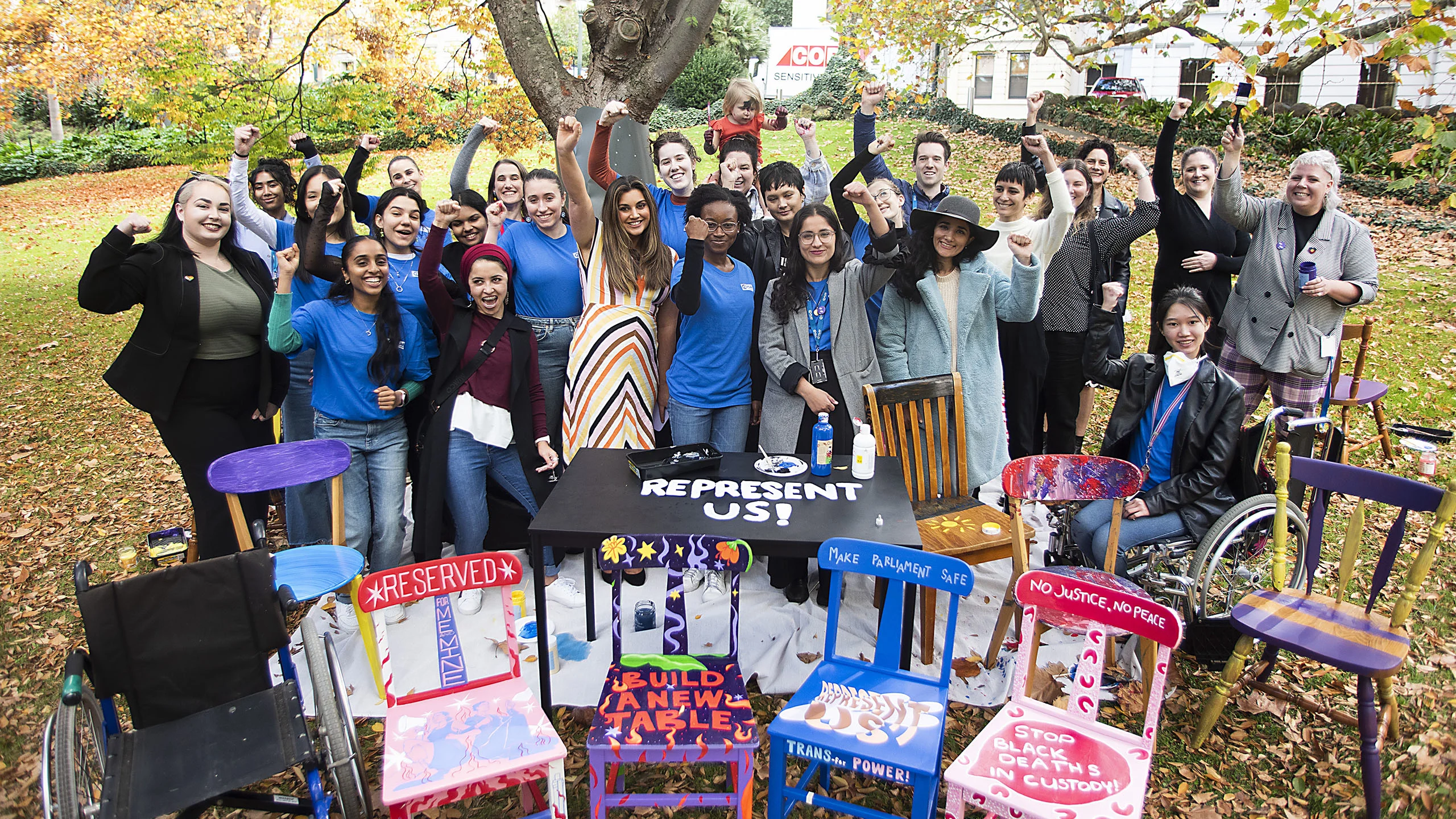
Young people are more likely to see gender equality as important and support measures to address inequality. 9 in 10 young people think gender equality is really important.
But, young people also hold conflicting views about gender equality. More than 8 in 10 think gender equality is close to being achieved, or has already been achieved.
There are still young people who reject gender equality. 1 in 10 young people aged between 16 and 19 and 2 in 10 young people aged between 20-29 believe gender equality is a non-issue and that change for equality for women has gone too far.
More than 5 in 10 young people feel they can’t speak openly about their views on gender.
1 in 10 young women felt Parliament was a safe place for them to work when we surveyed them in 2021, after former political staffer Brittany Higgins came forward with allegations that she was raped in Parliament House.
Almost 75% of all young women in Australia do not believe women politicians are treated equally to men.
The Youth Impact Academy is for young people of any gender aged 15 – 26, interested in learning more about making change for gender equality.
Here are just a few of the sessions that you will get access to:
Intersectional feminist leadership: Leading with purpose and presence
August 2024
Featuring a panel of our Youth Activist Series Alumni, including Yasmin Poole, Ashleigh Streeter Jones and Angelica Ojinnaka-Psillakis, and hosted by Plan CEO Susanne Legena, during this session you will hear directly from young change makers and learn about their journeys. From navigating the creation of their own organisations, to speaking at the UN. And everything in between.
Image captions
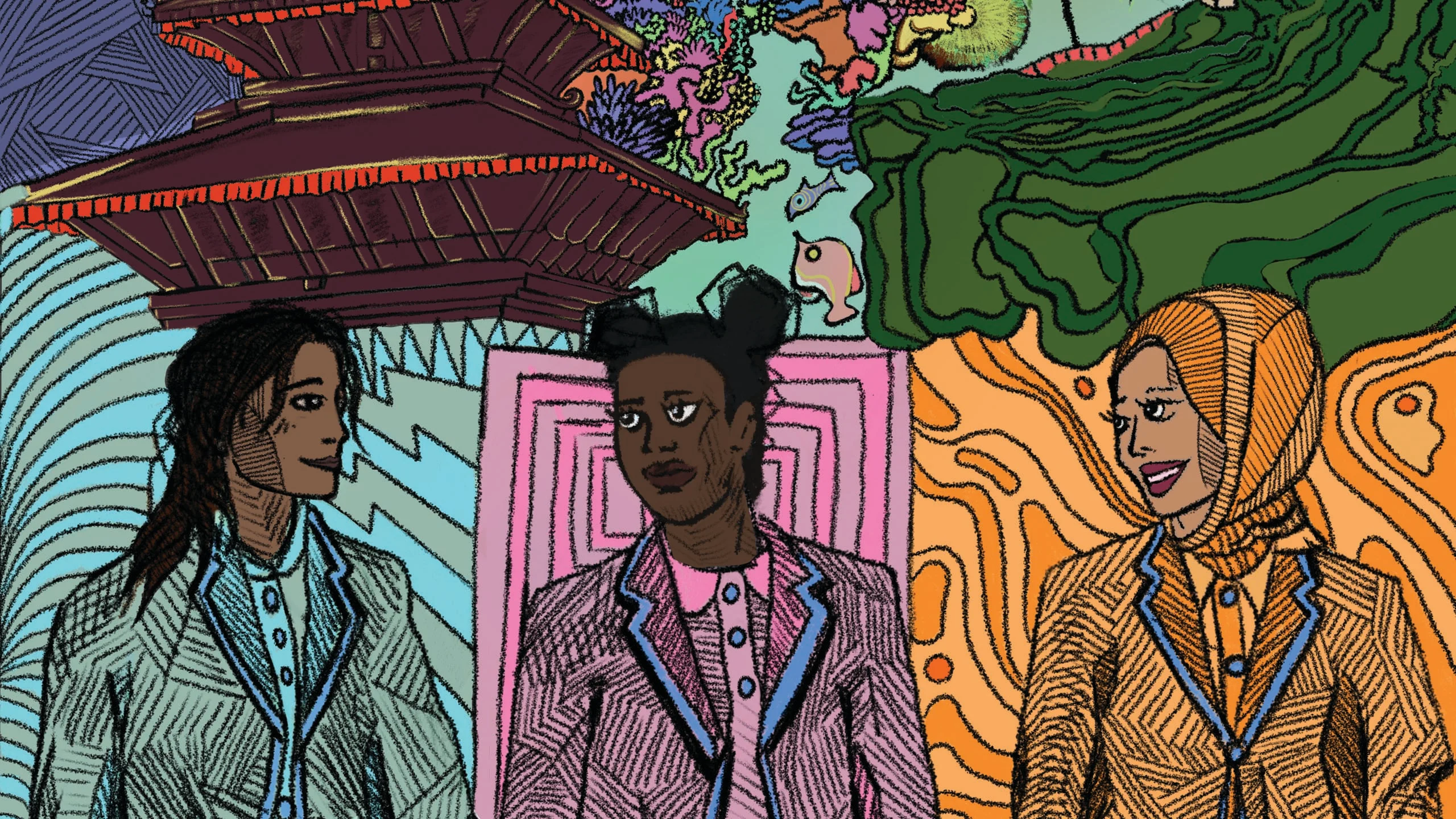
Campaigning for change: Advocacy and campaign essentials
October 2024
Ever wondered about some of the essentials in building and implementing an effective campaign? This is your chance to learn about some key campaigning skills, underpinned by intersectional feminist leadership principles, that everyone needs to know!
From undertaking power mapping, to deciding on your tactics, this session will equip you with the skills you need to design and implement your own campaigns.
We will teach you how to use Plan’s Gender Compass which fills the fundamental knowledge gap around who we should be speaking to, what we should be speaking to them about and what they consider the biggest challenges blocking a gender-equal future.
Image captions
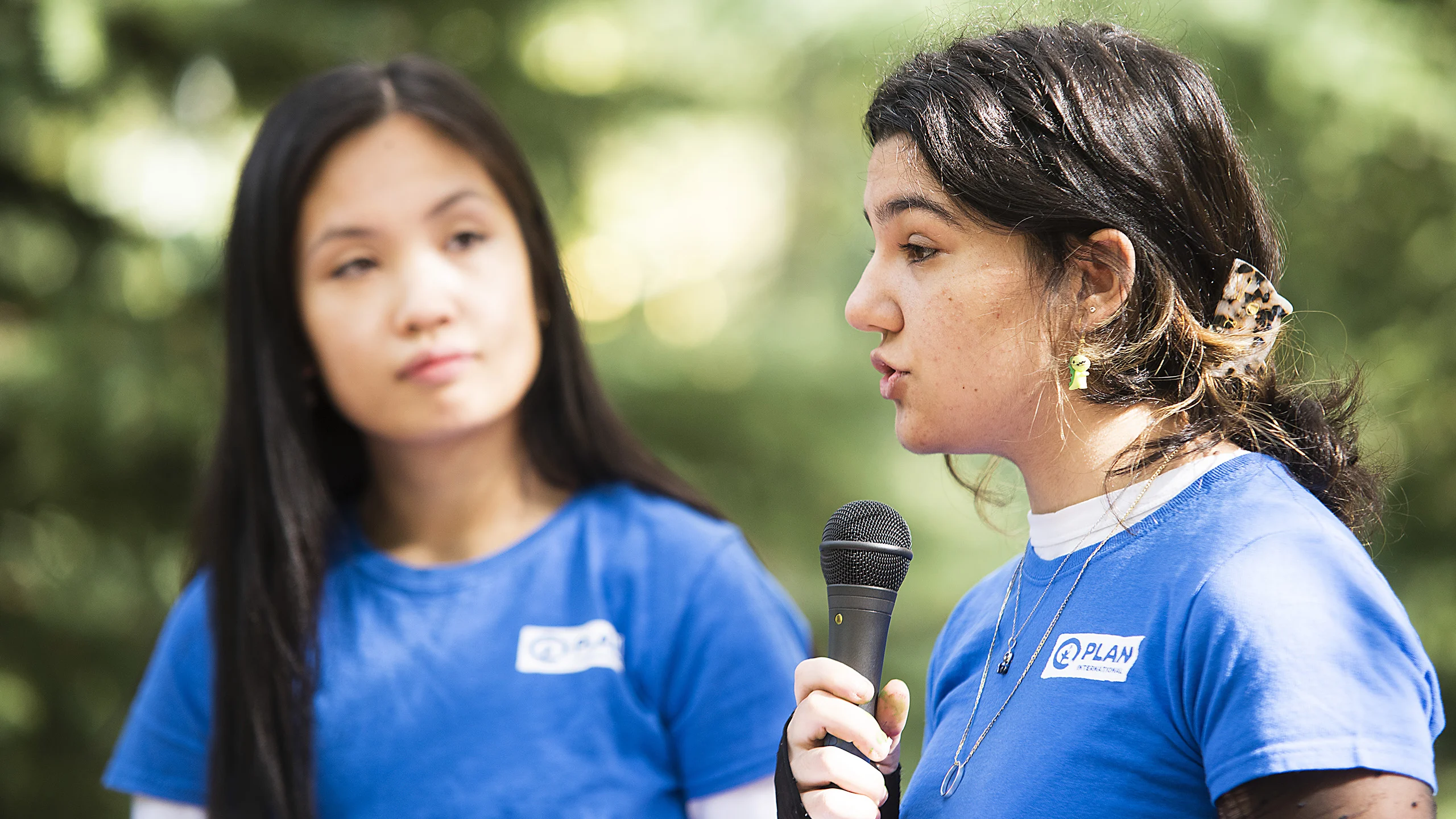
From headlines to hope: Mastering media relations for social impact
December 2024
Join changemakers and journalists in learning to navigate media, and discovering your voice for gender equality. Learn how to embrace authenticity and harness the power of storytelling through media. Discover the importance of intersectional voices in shaping your unique voice to champion meaningful change.
Image captions
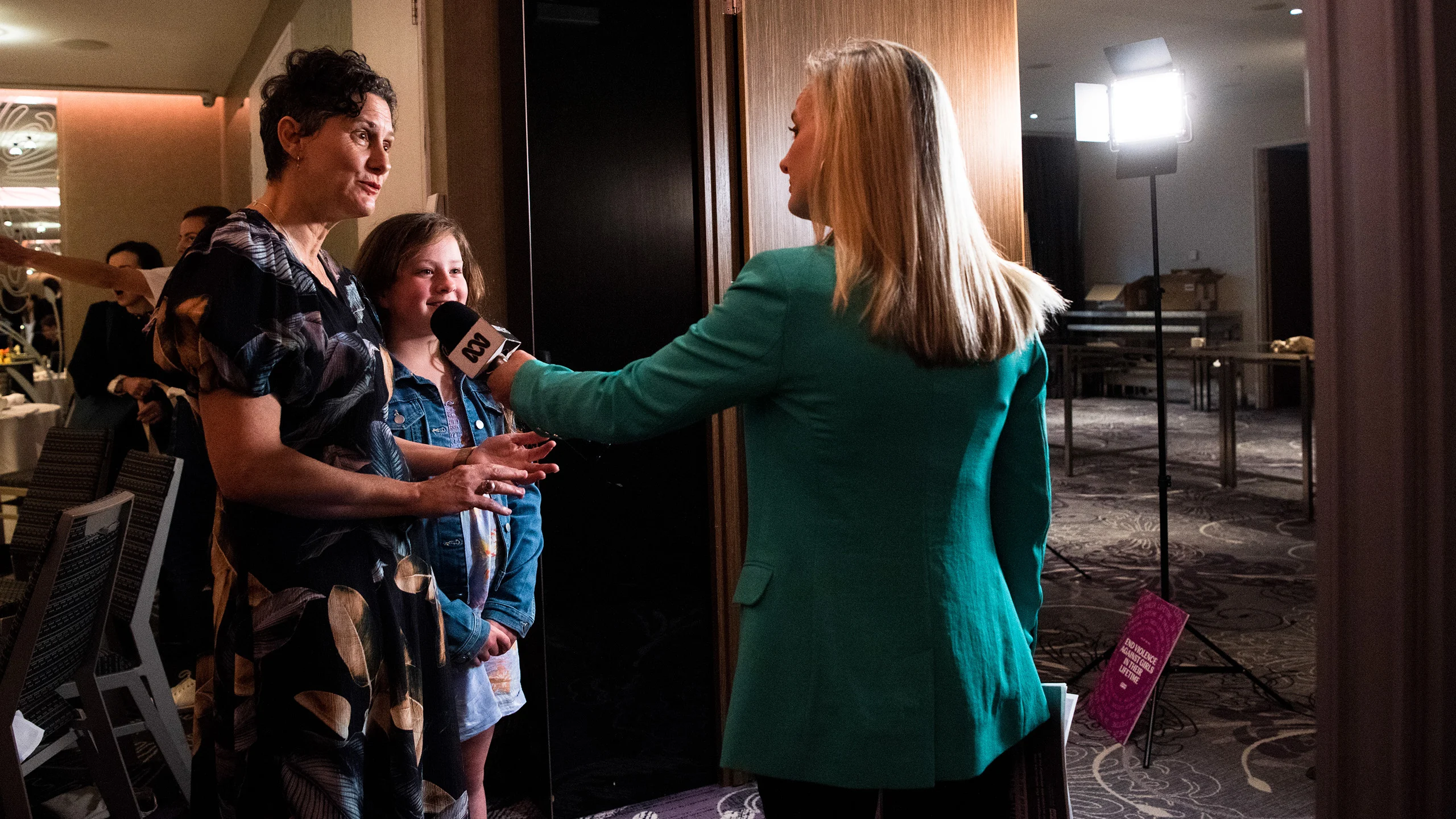
By participating in the Youth Impact Academy sessions, you will:
Build key skills in leadership, advocacy and social impact.
Learn about effective communication and messaging to help shift the dial on gender equality.
Learn about the different ways young people can become change makers, and help apply this to your own goals and objectives.
It is a great way to stay connected with Plan International Australia on different ways you can support our campaigns.
Plus, you get to connect with, inspire and be be inspired by other like-minded young people!
If you attend all six sessions, you’ll receive a certificate of completion from Plan International Australia, which you can pop on your CV, or LinkedIn.
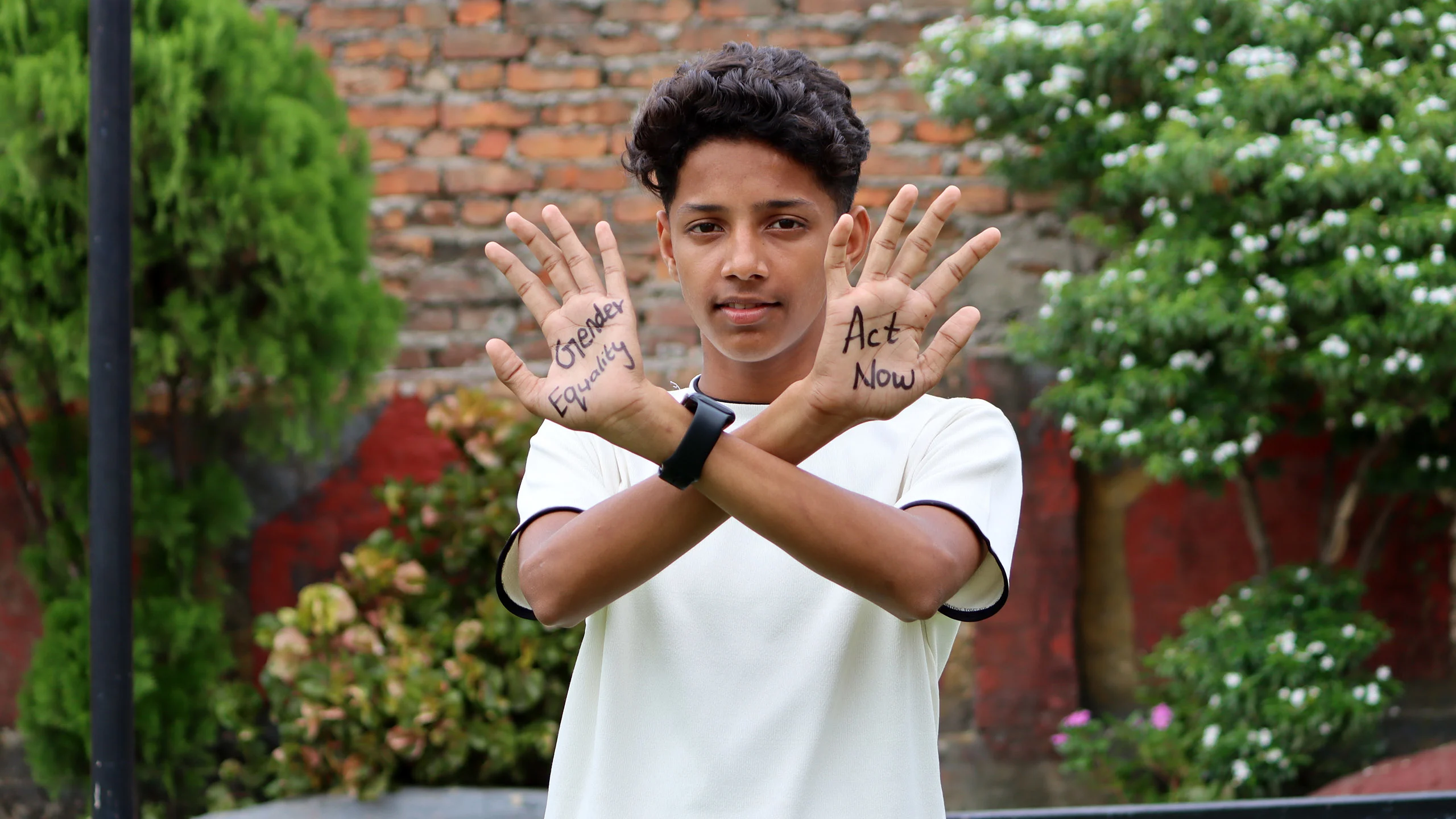

Did I hear you say sign me up?
Fill out this registration form to let us know you’re interested, and we’ll email you the dates and links to the sessions! If you’re under 18, make sure you’ve got your parent or guardian’s consent to attend.
Your online safety
Yes, these sessions will be recorded. We will use snippets of these recording, featuring our guest speakers, to put on our website and social media.
We will take steps to ensure that the identity of the participants are not disclosed through these recordings in line with our commitments to safeguarding.
Steps we take to keep you safe
Safeguarding children, young people and programme participants when they engage with Plan International is one of our key priorities. All Plan International staff members and representatives that you will interact with have been trained on our safeguarding policies and requirements. They have also signed Plan International’s Safeguarding Code of Conduct that outlines safe behaviour standards when engaging with children and young people.
Once you sign up to the Youth Impact Academy, you are required to meet our safeguarding policies and requirements as relevant to your engagement. You can read our full safeguarding policies here to know more.



